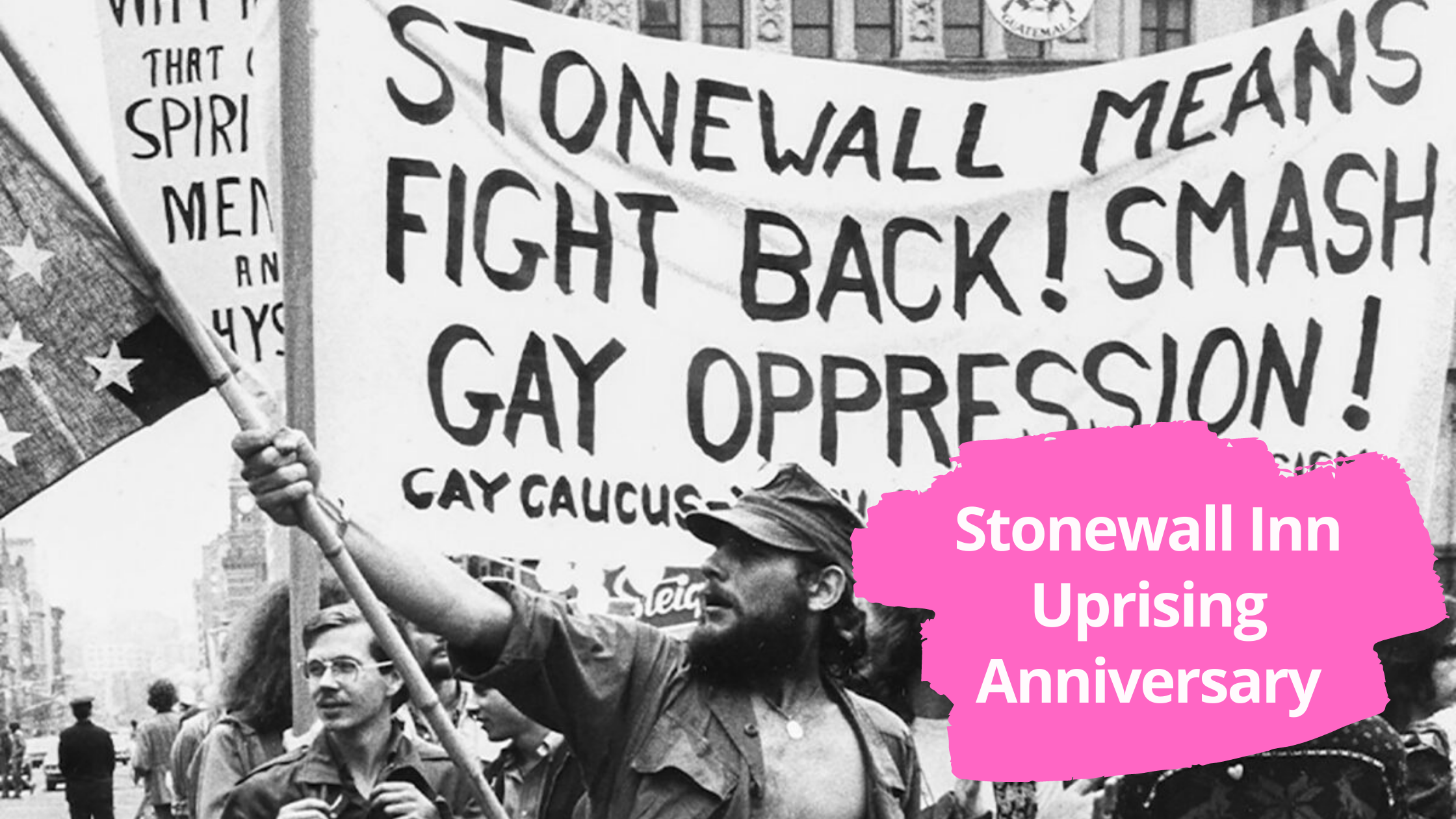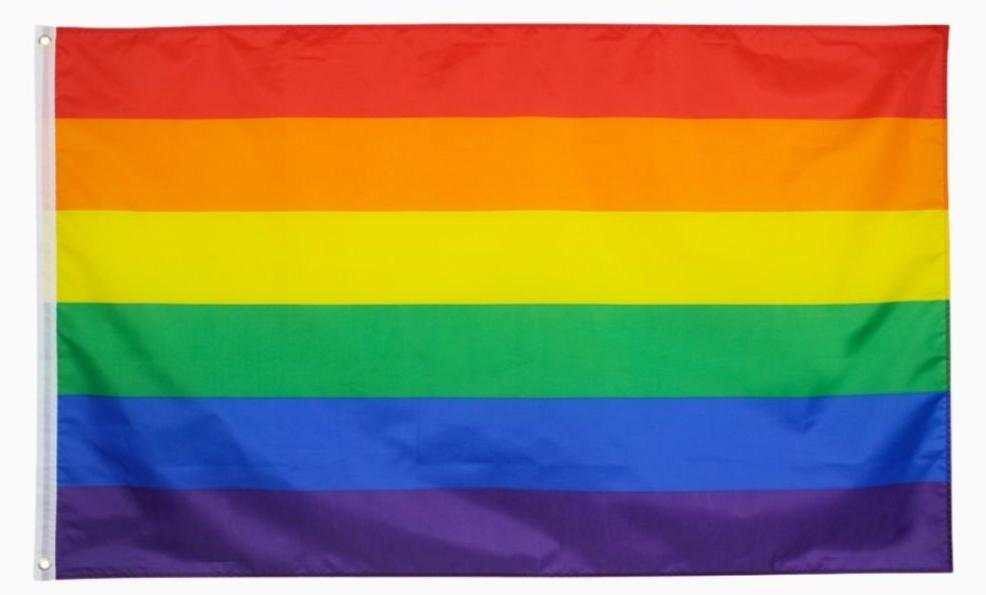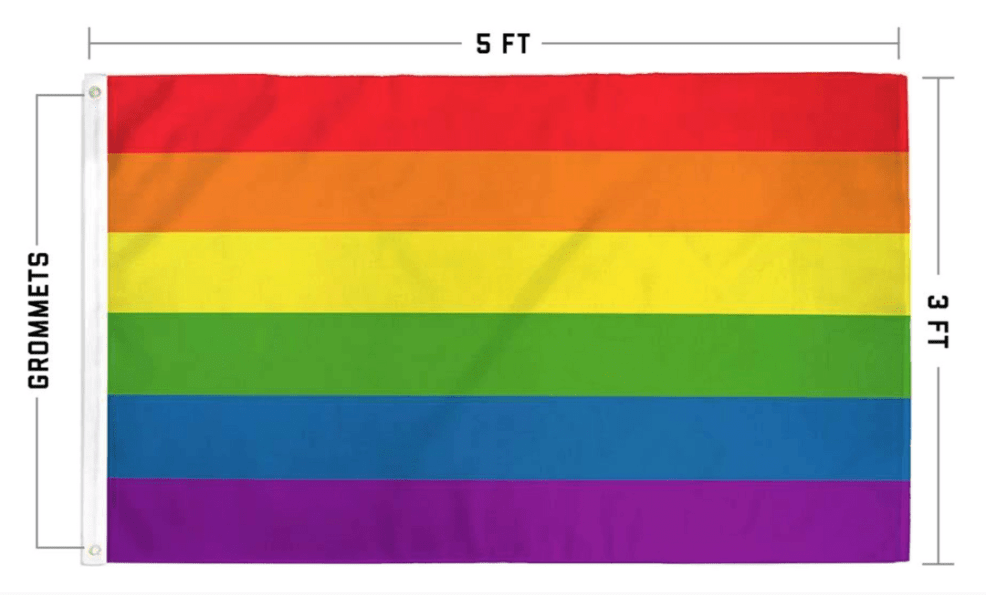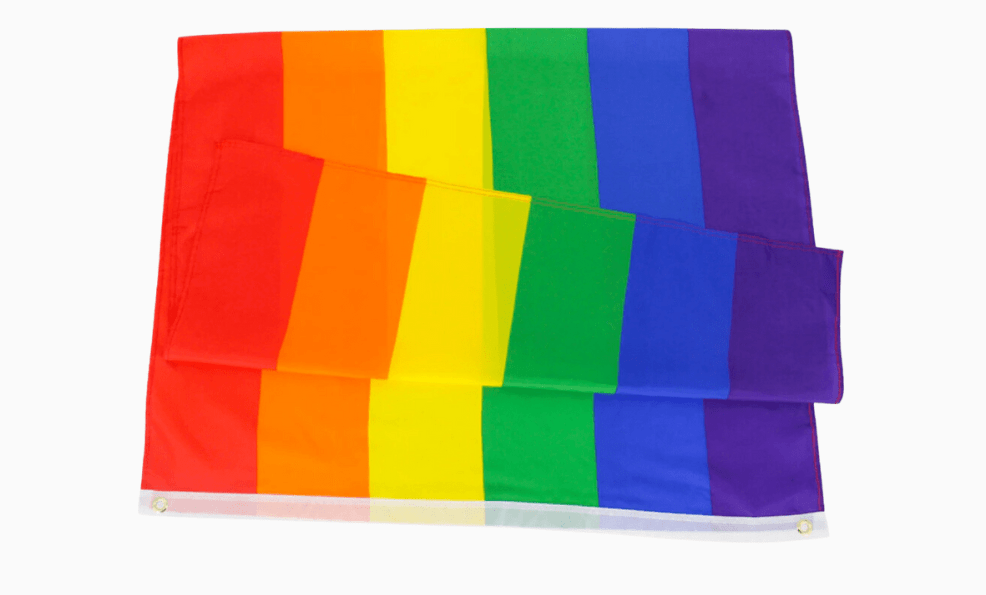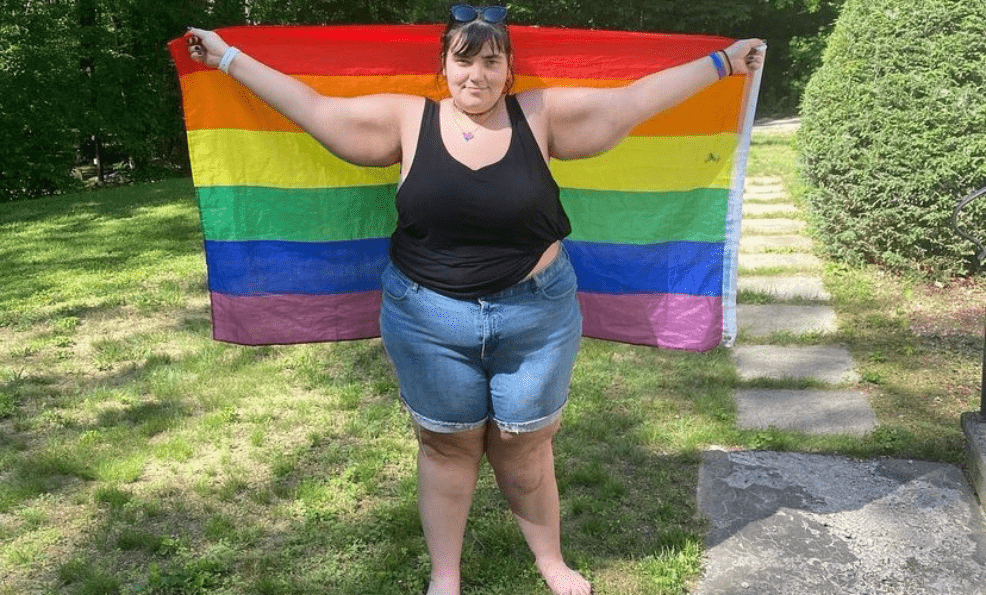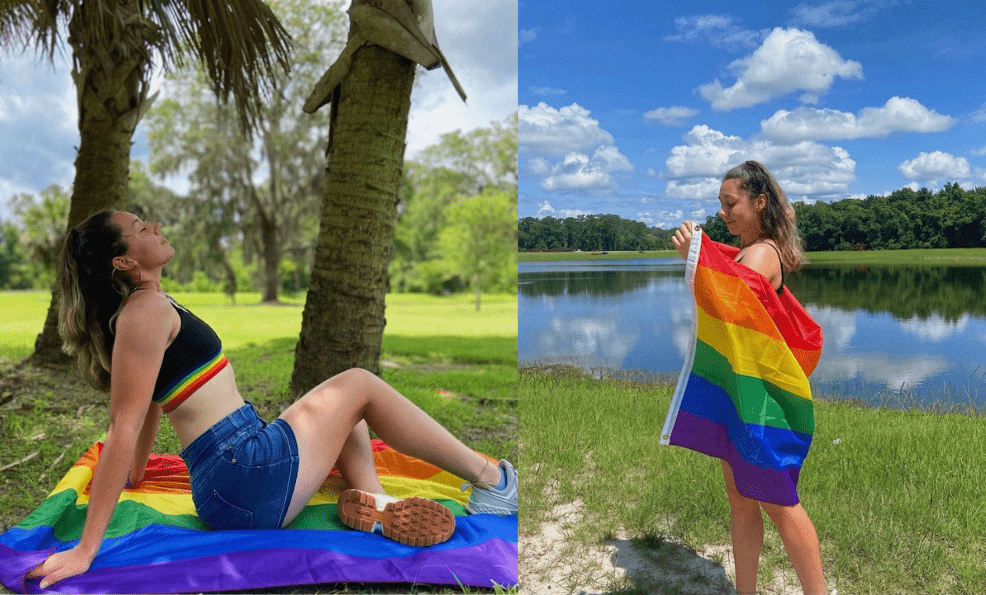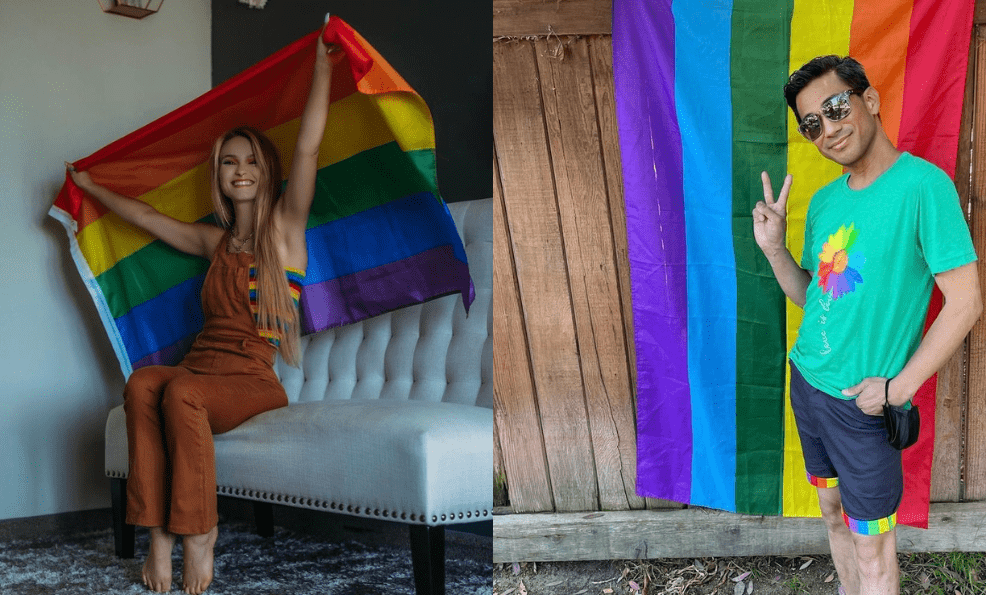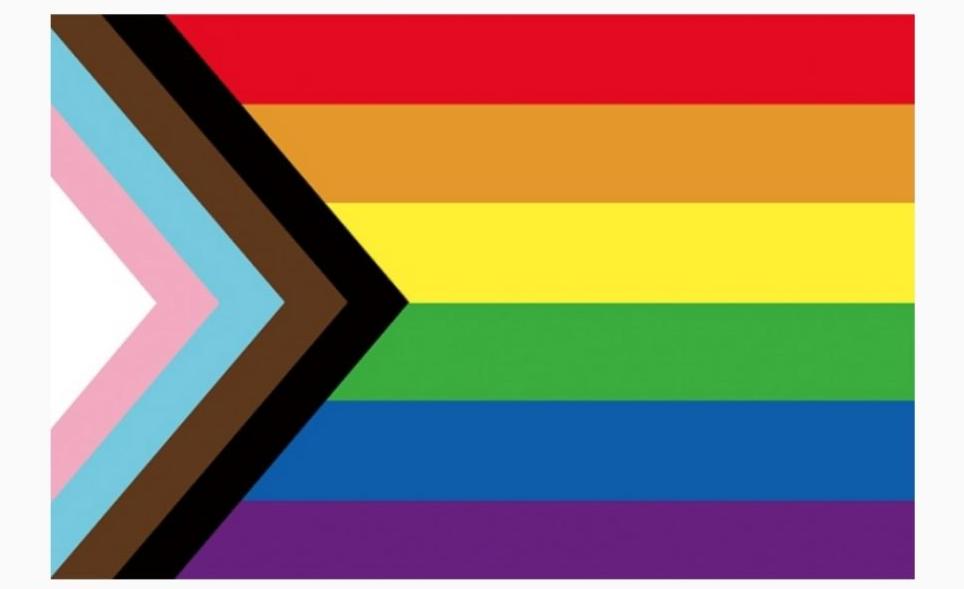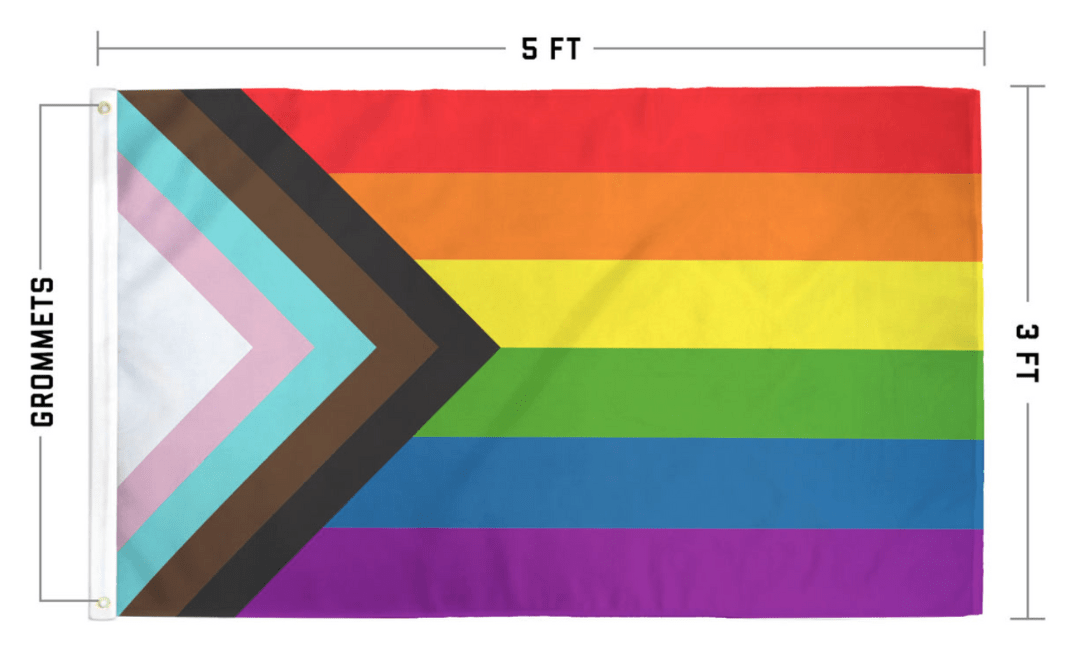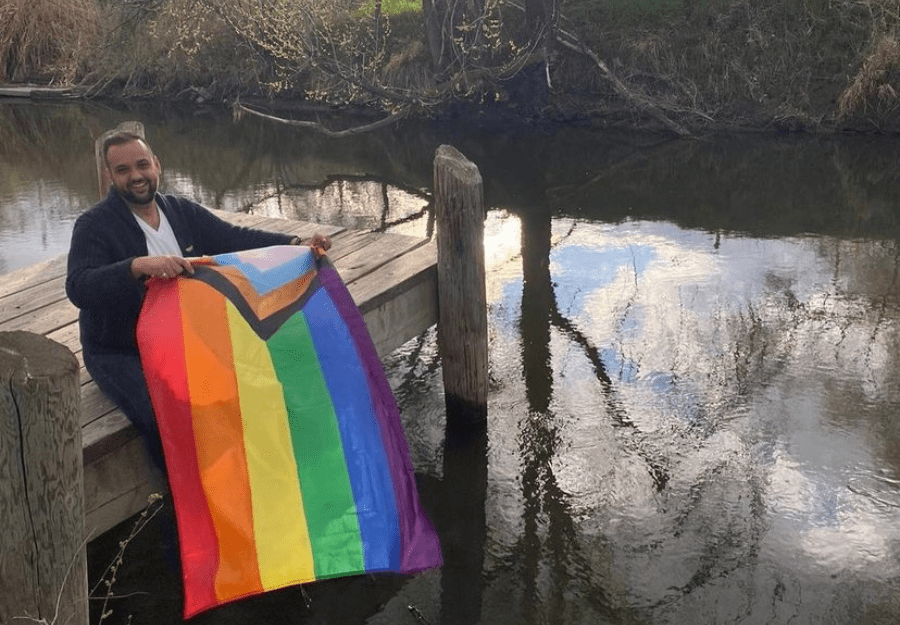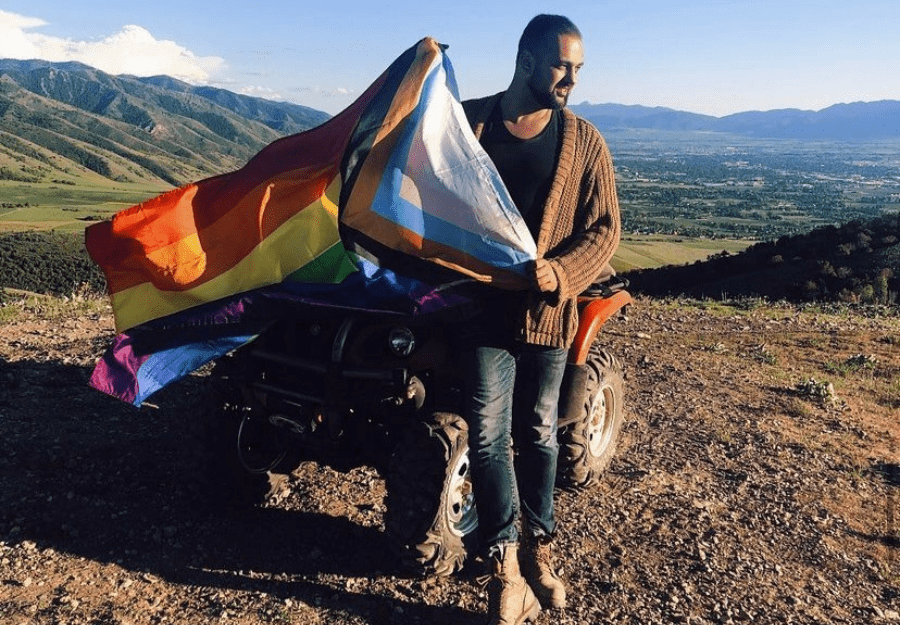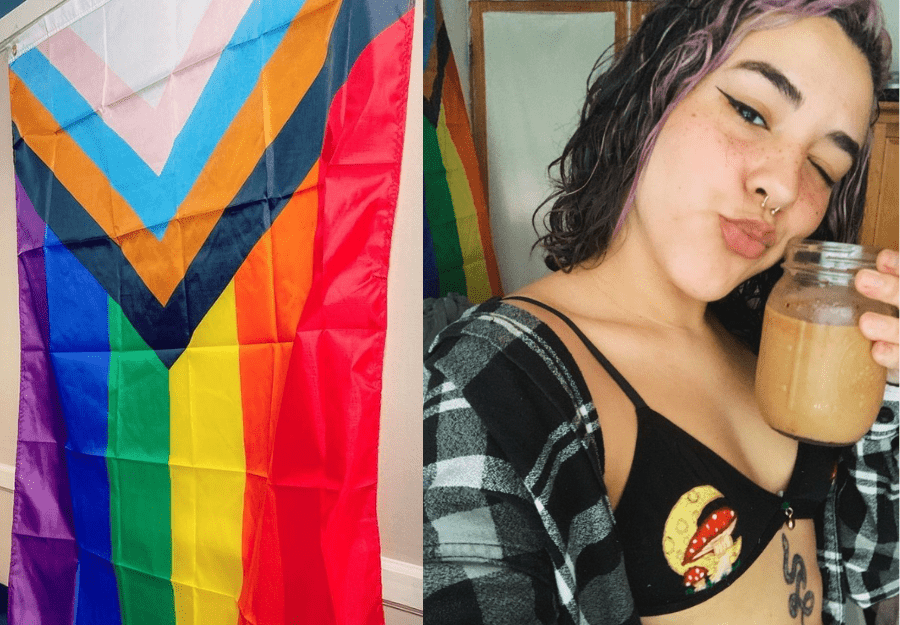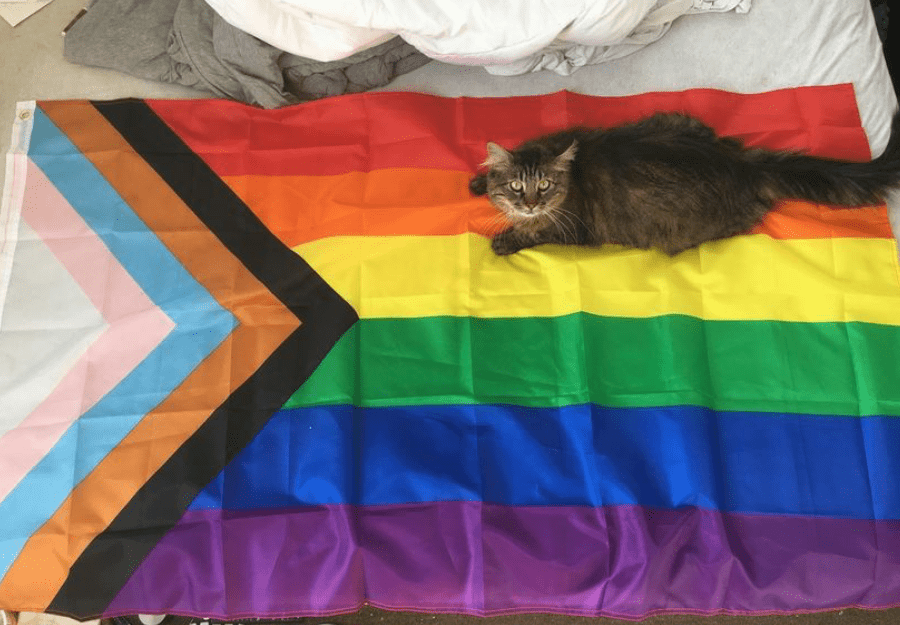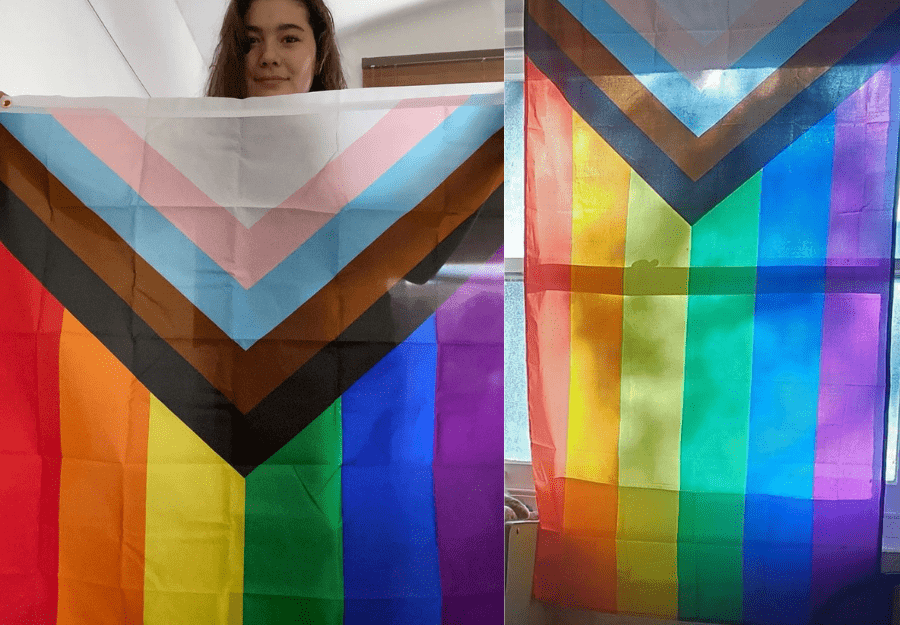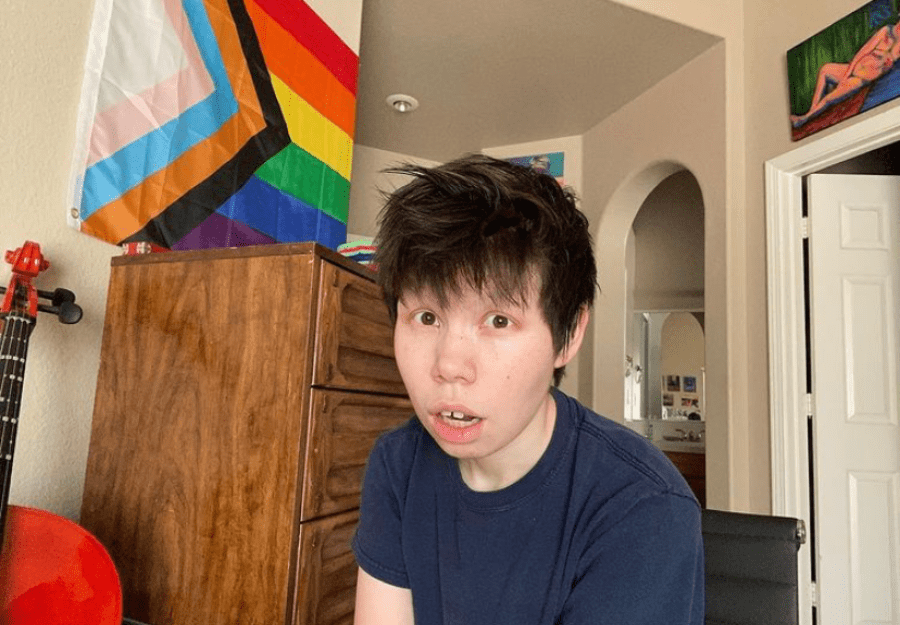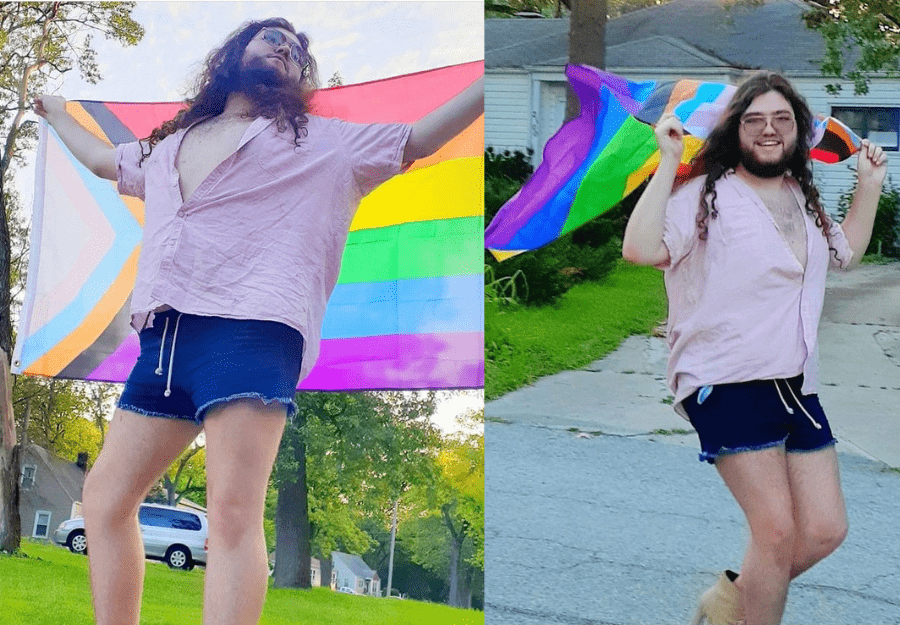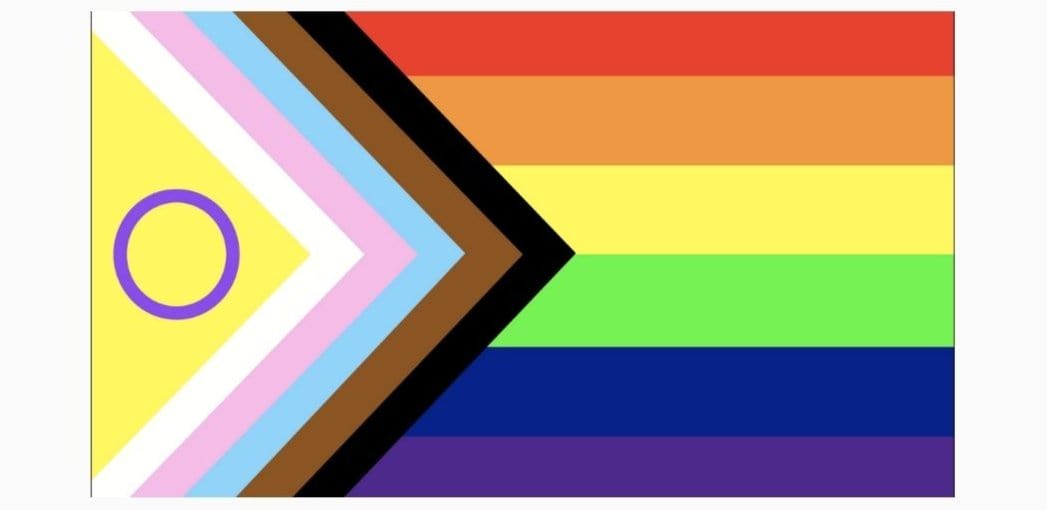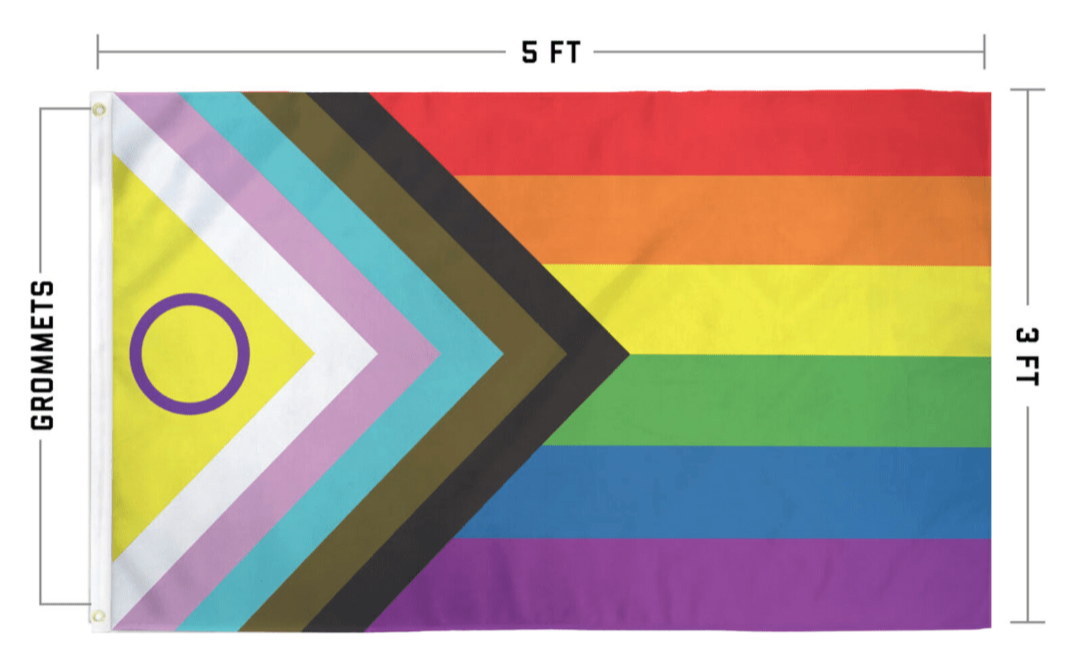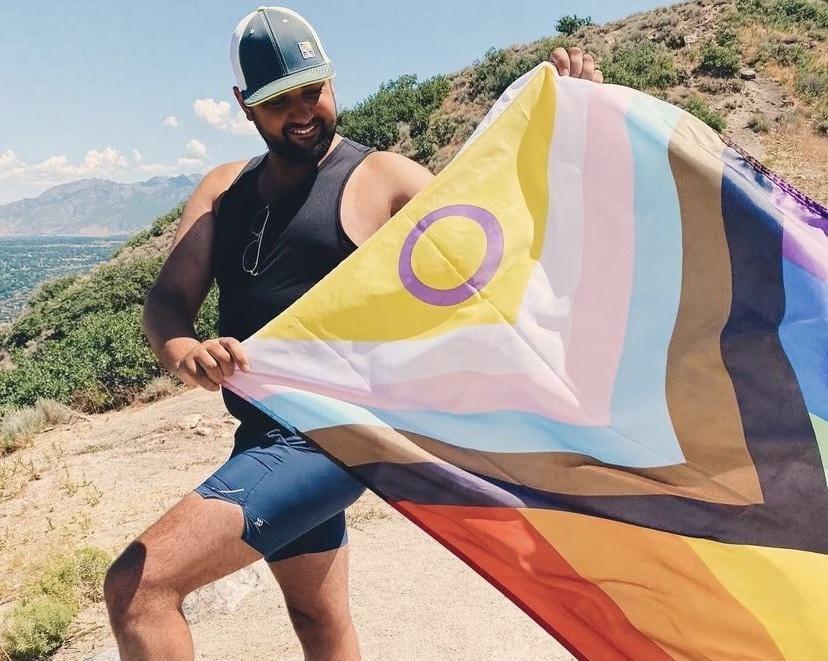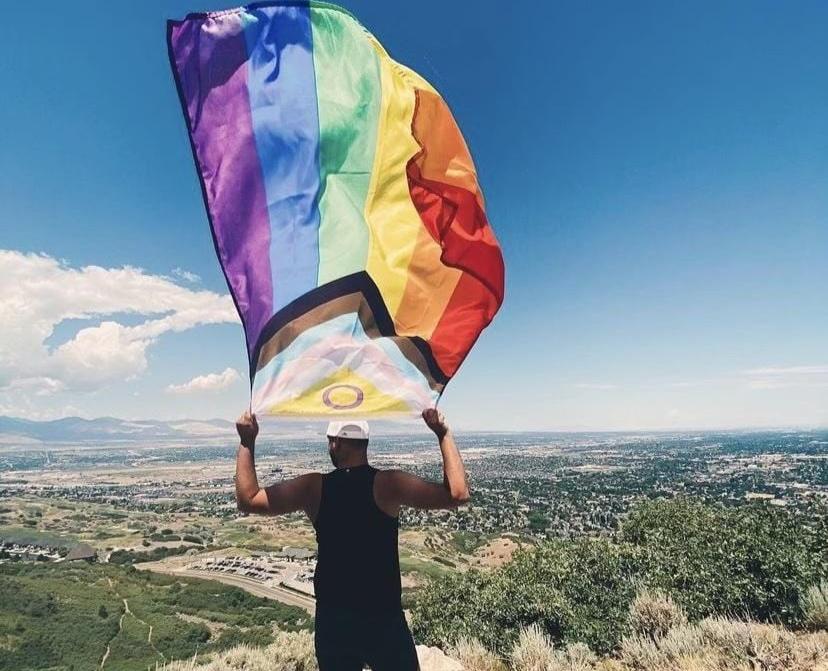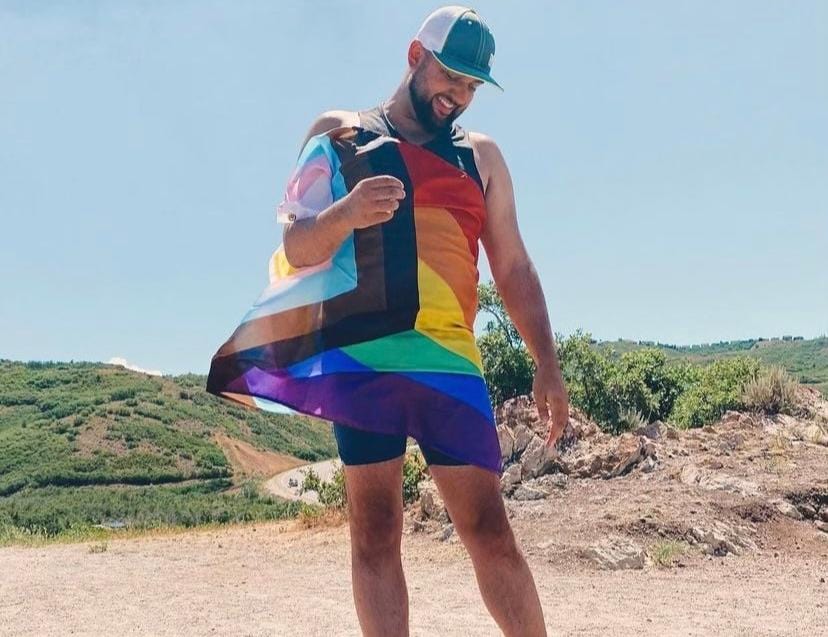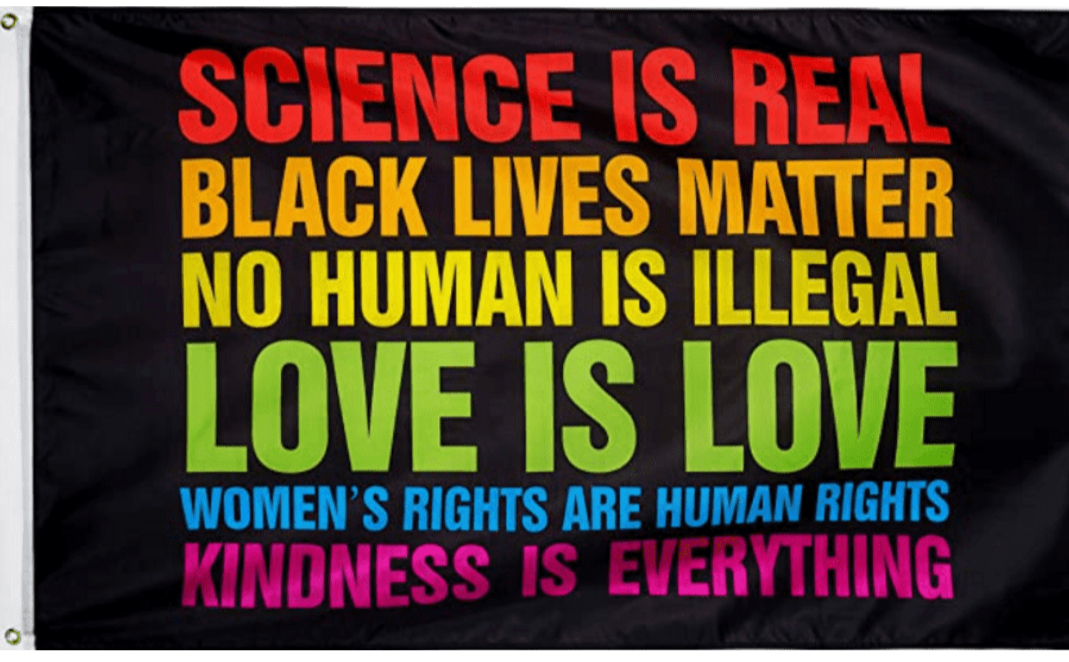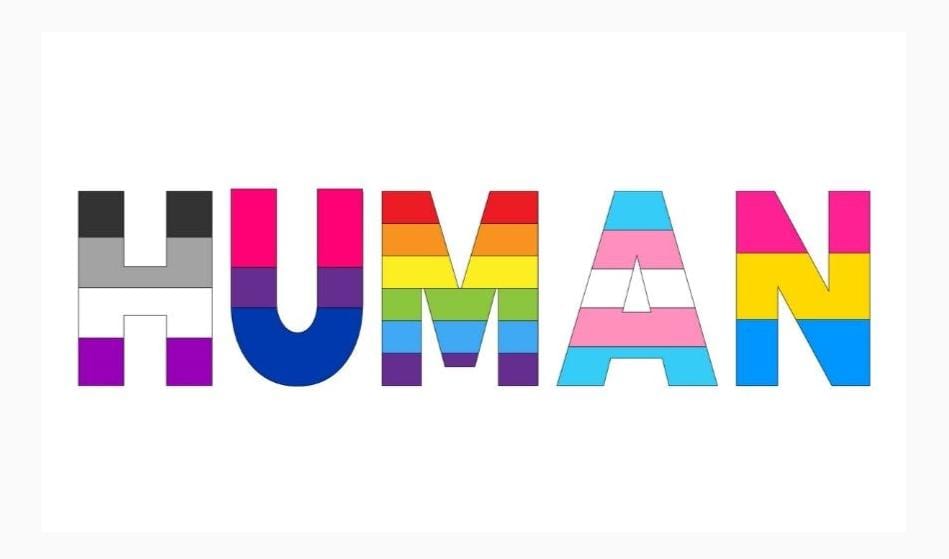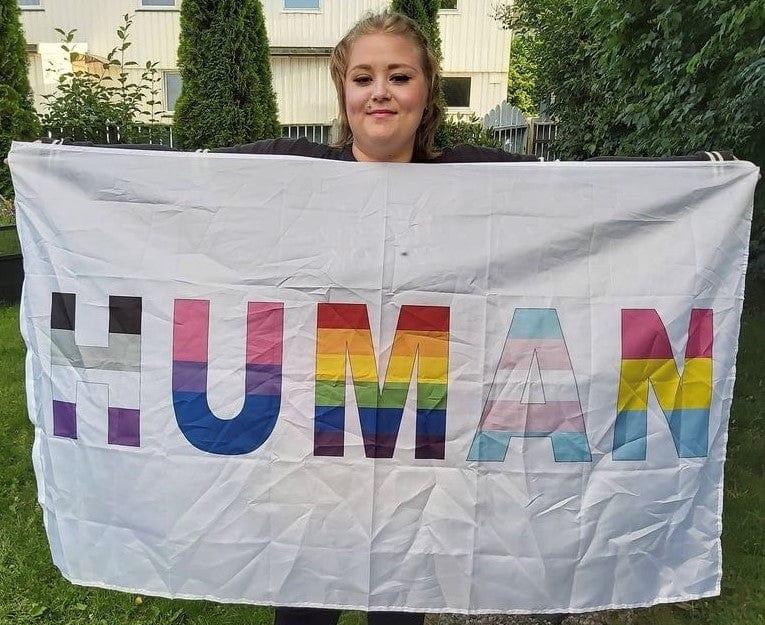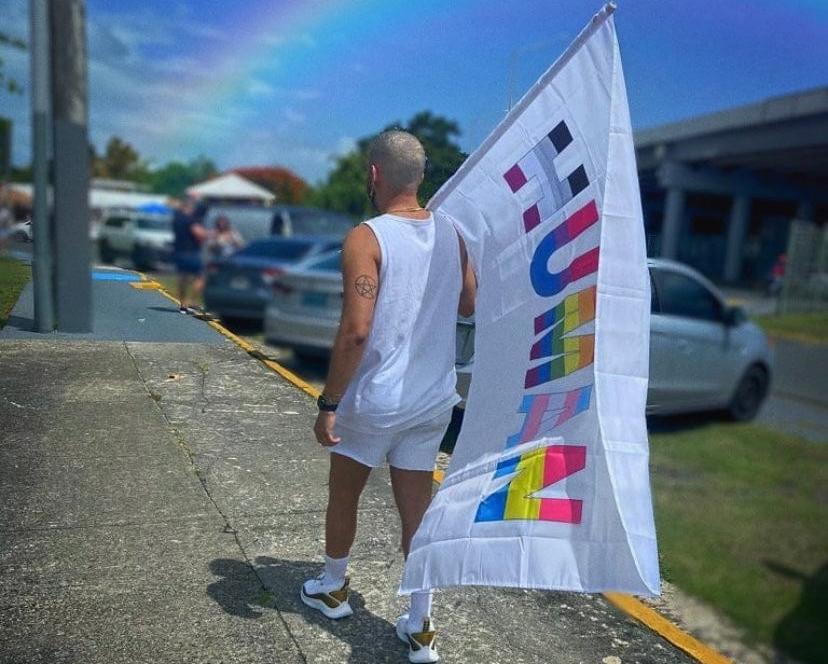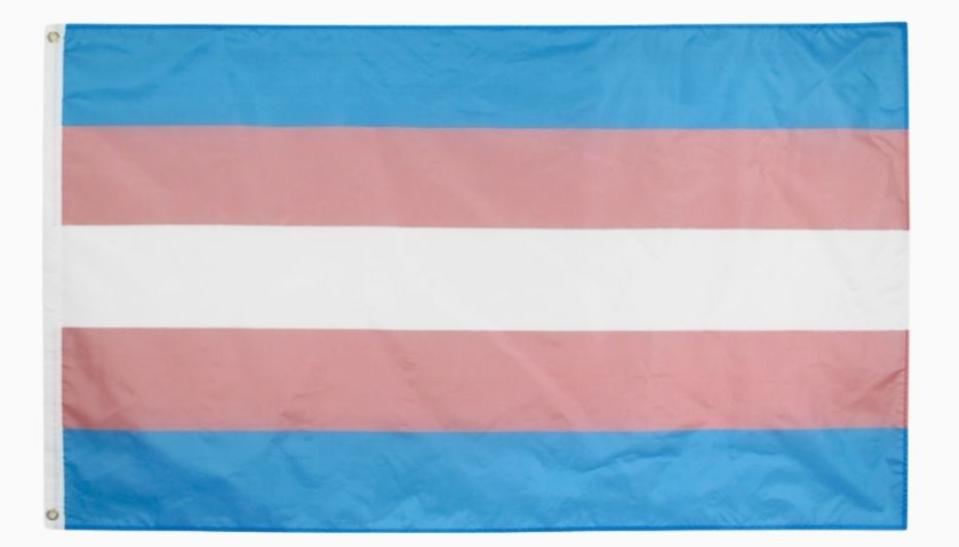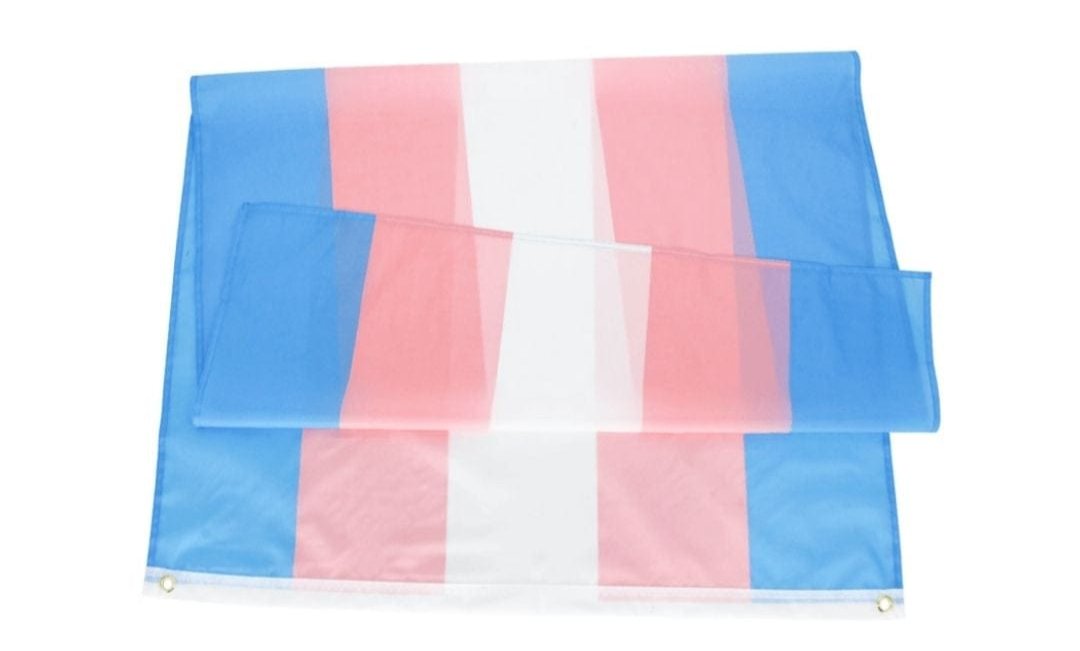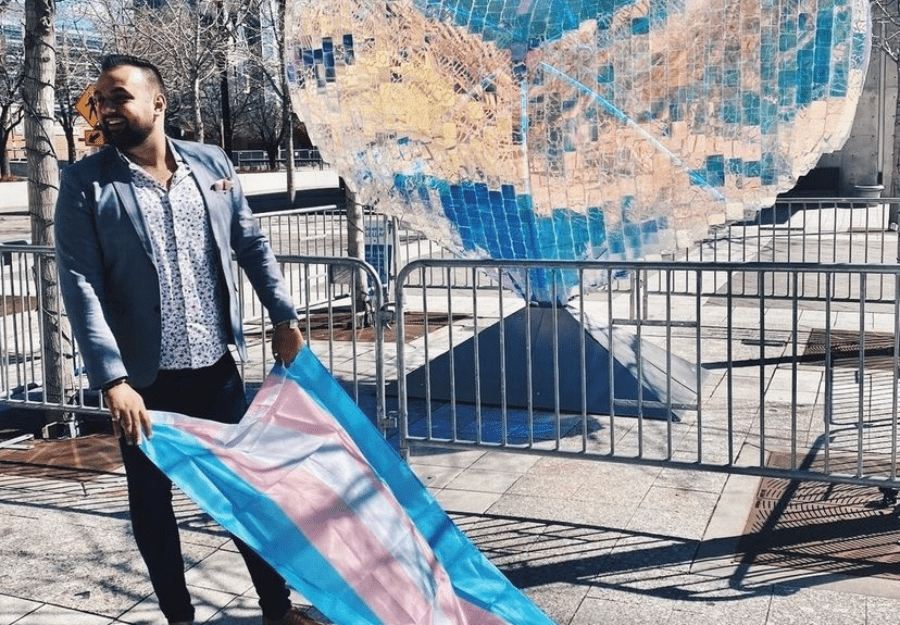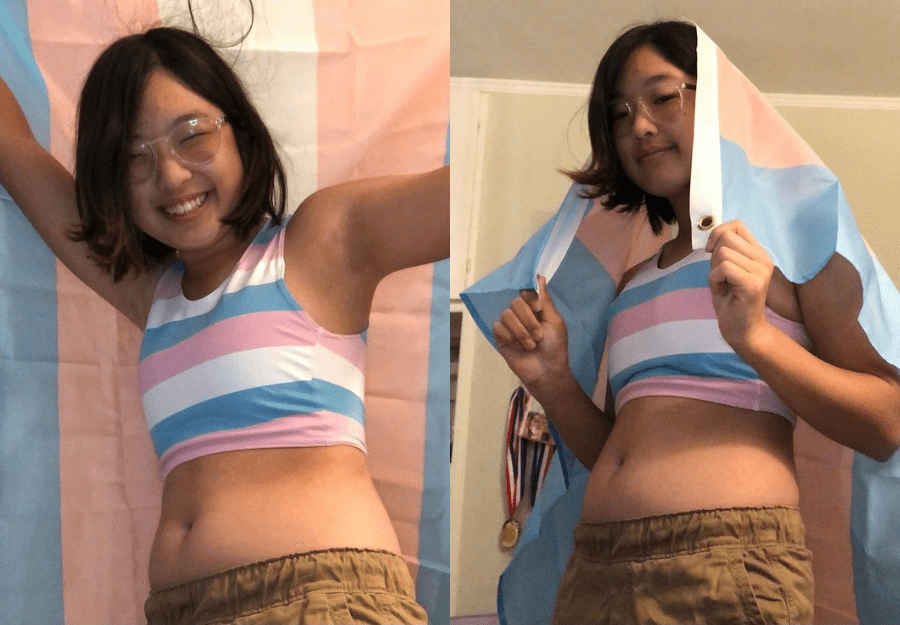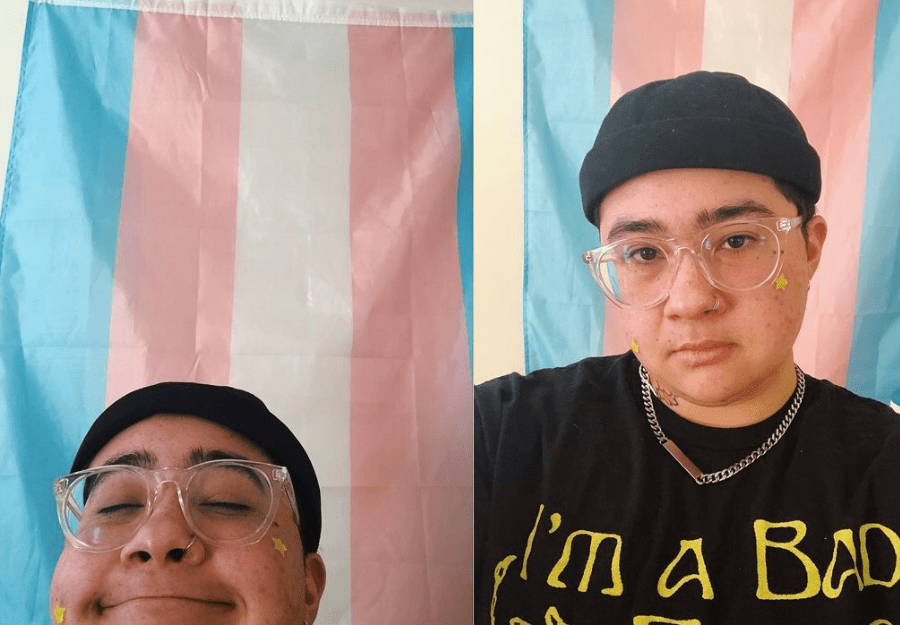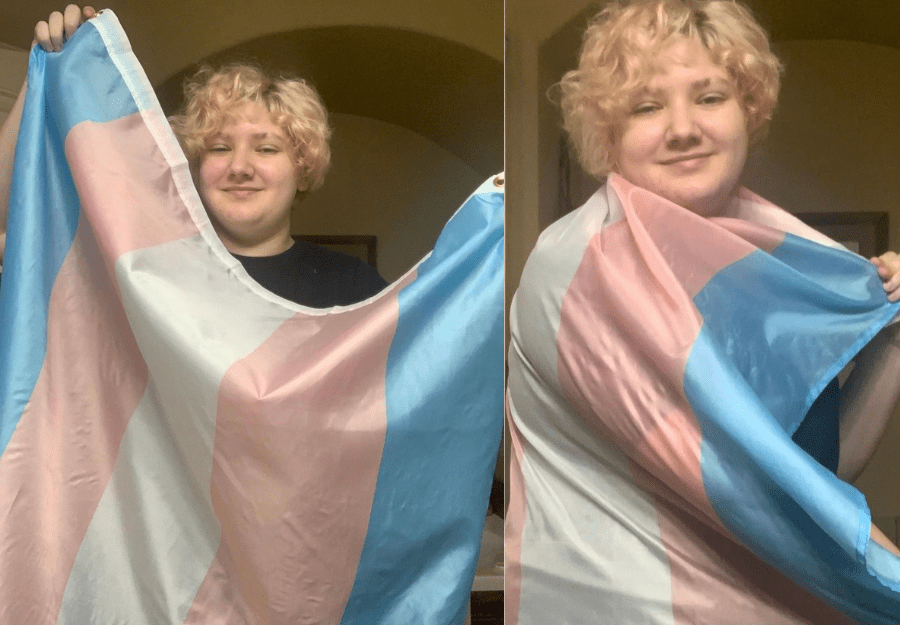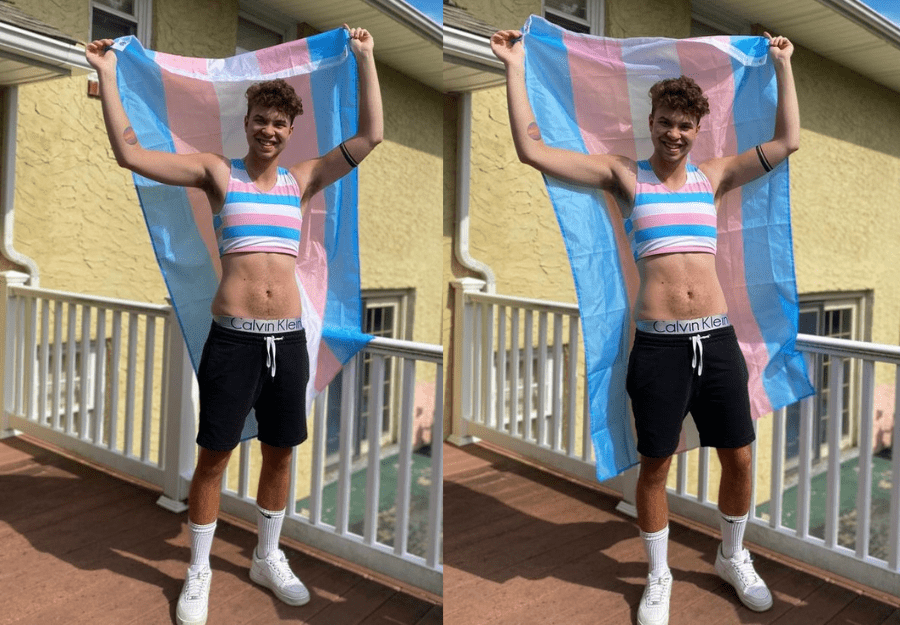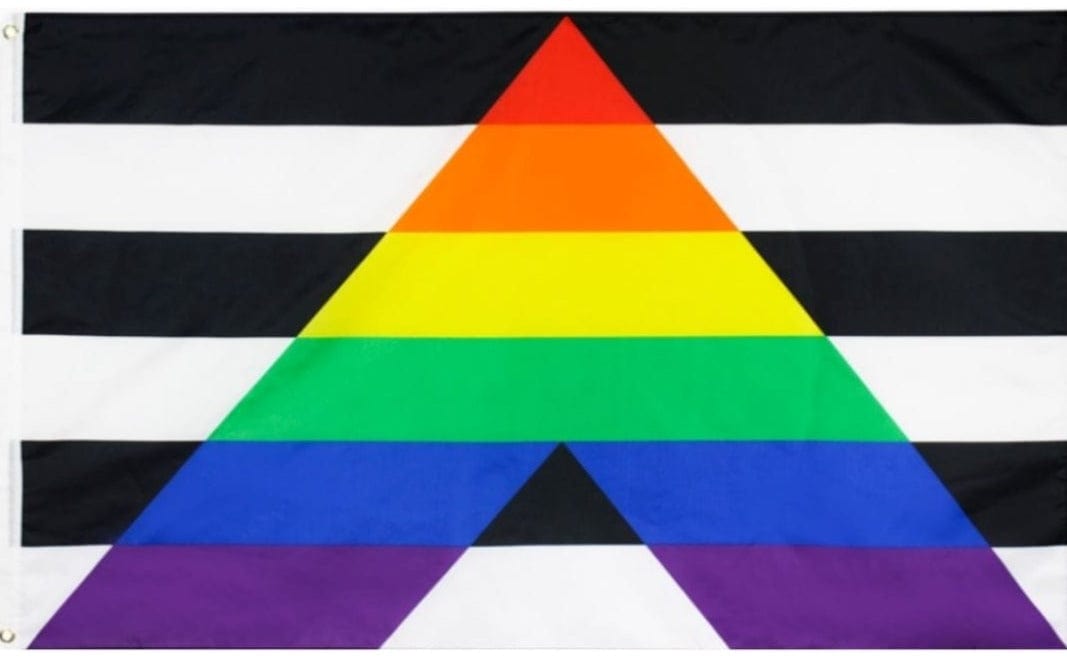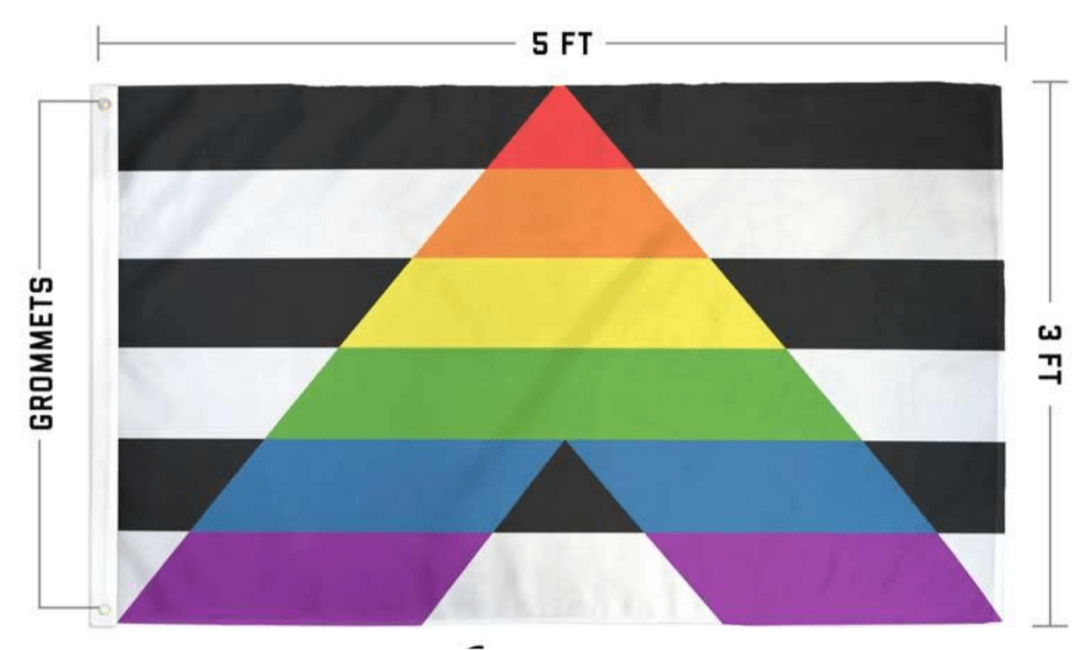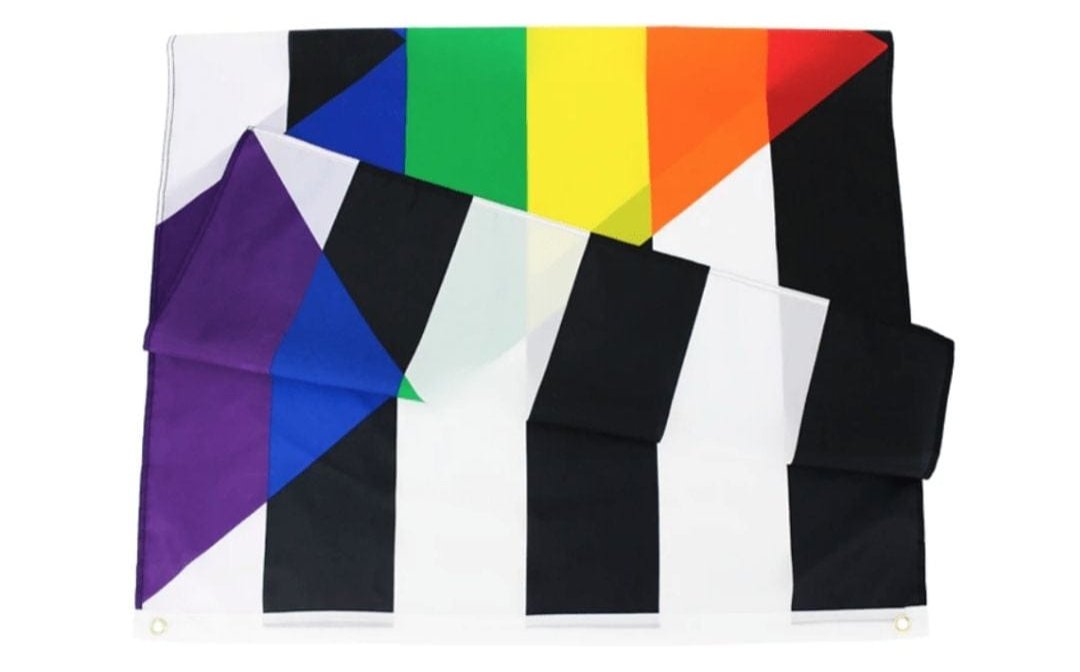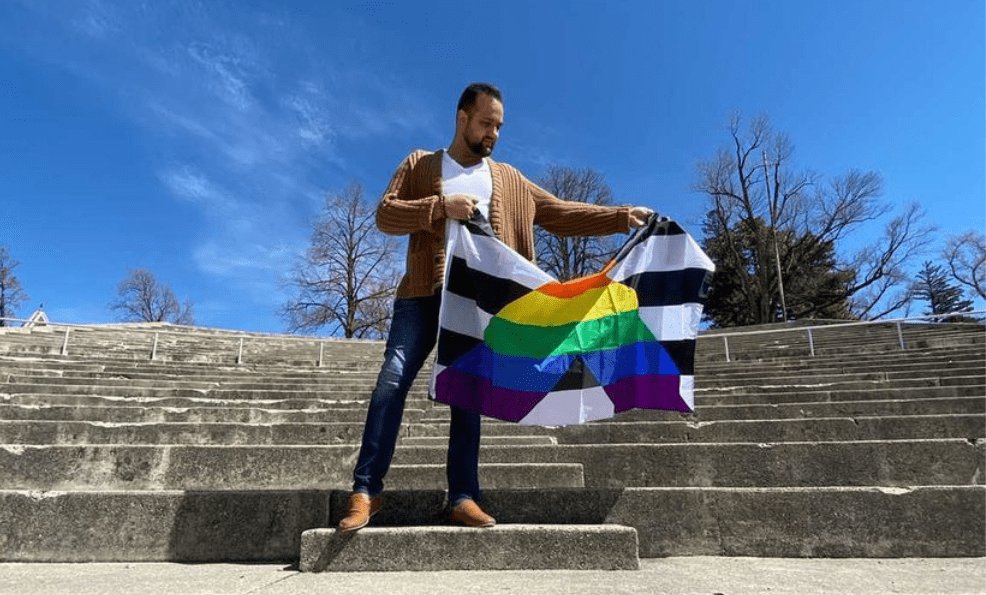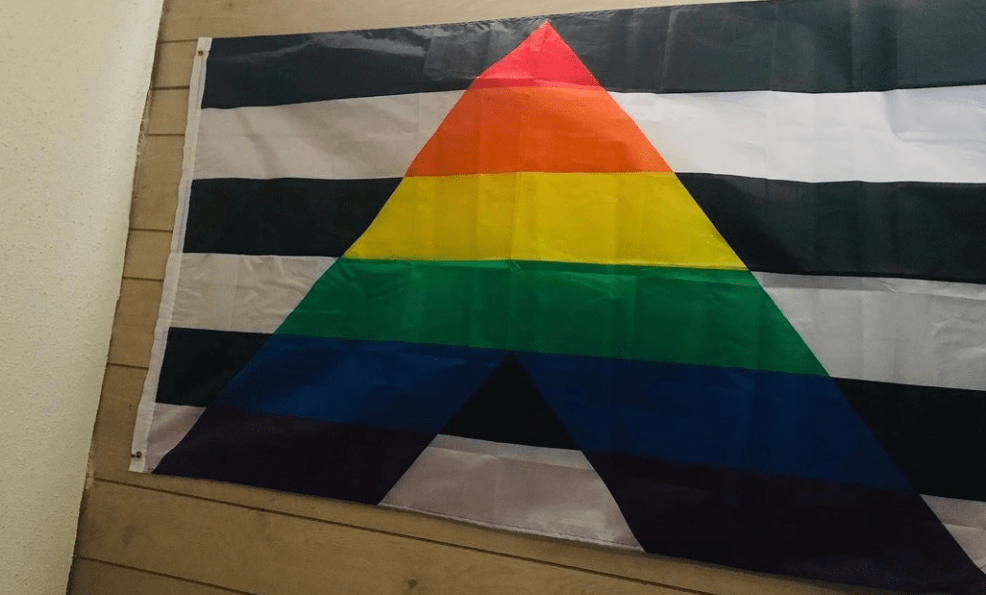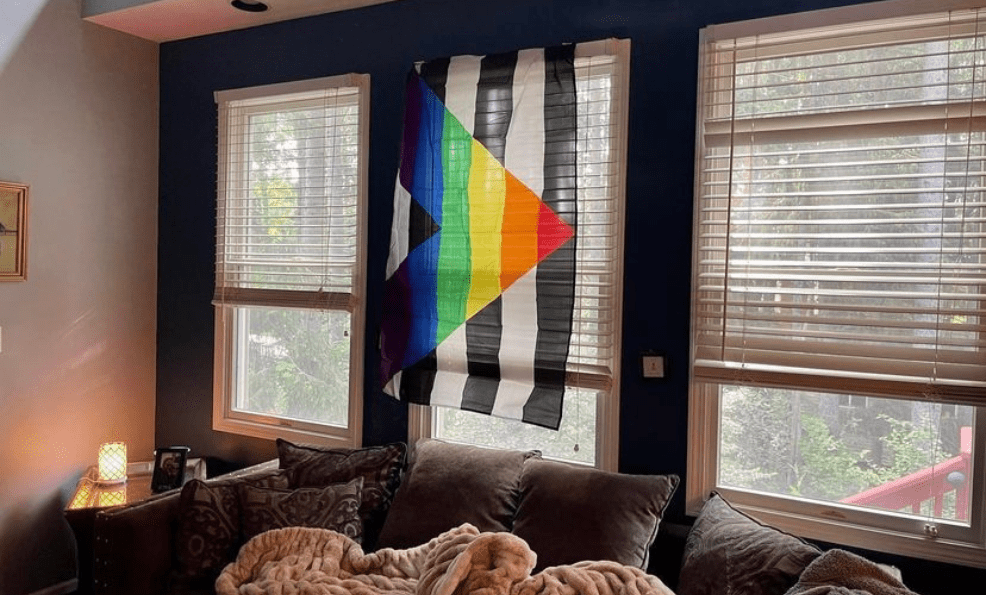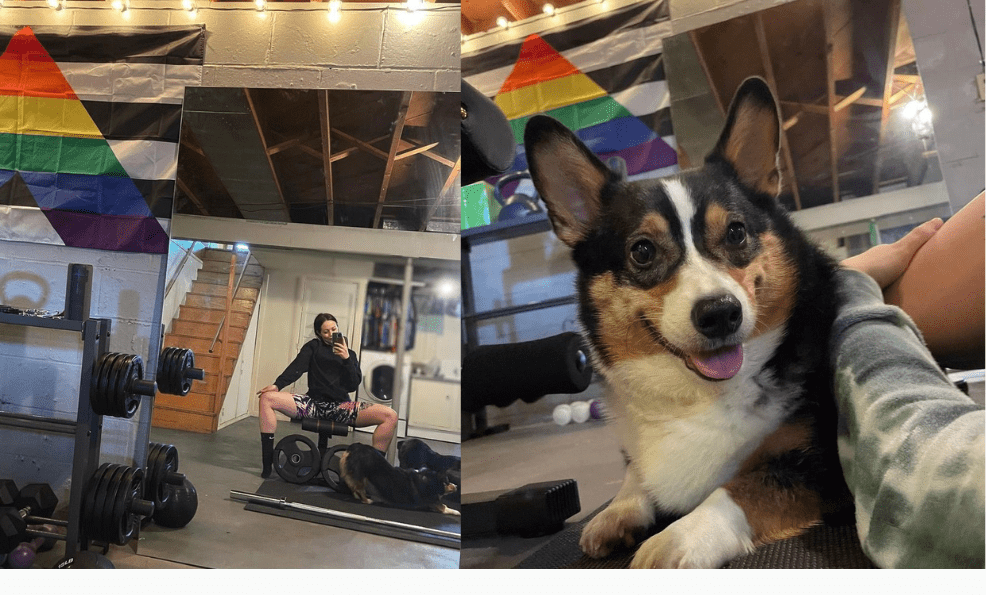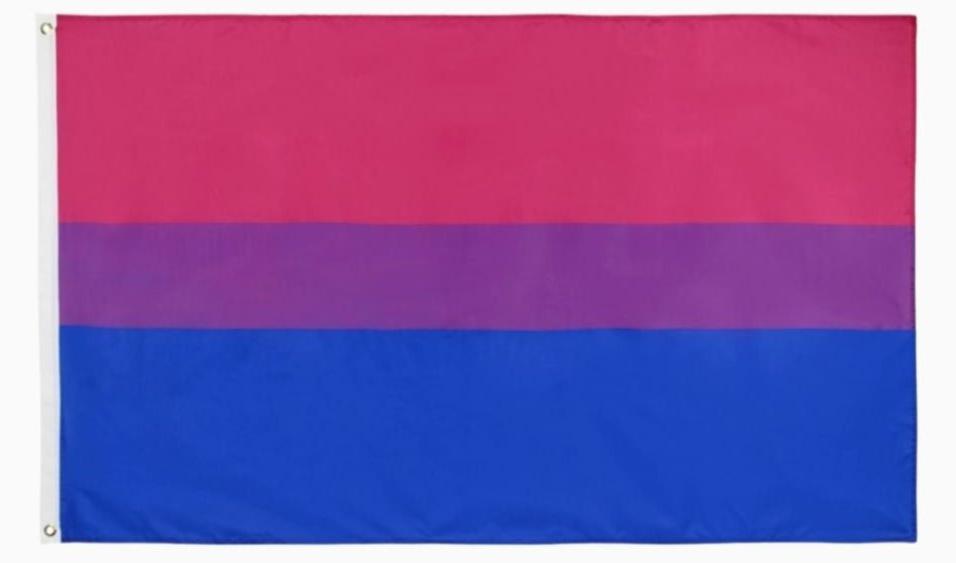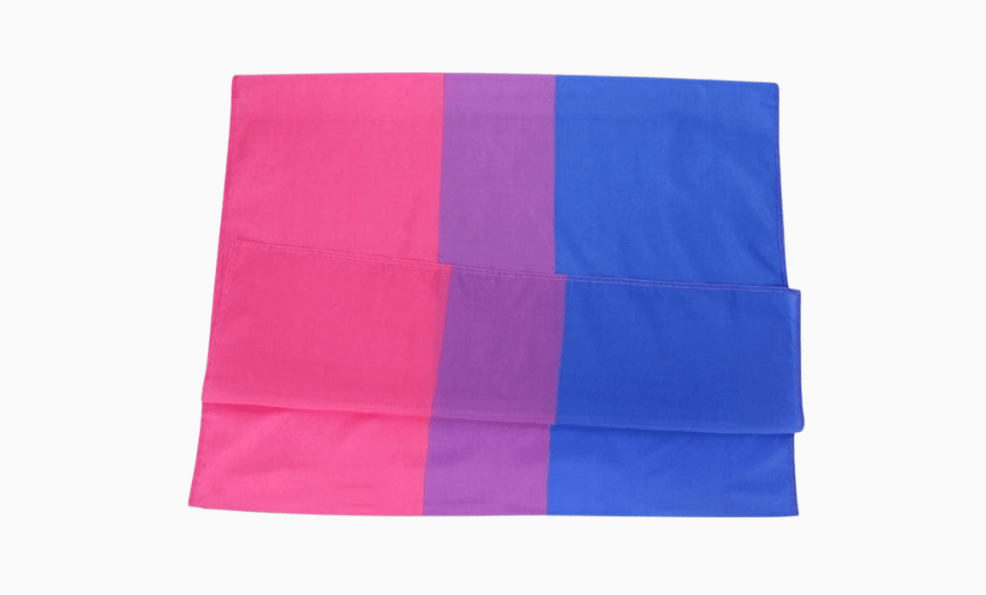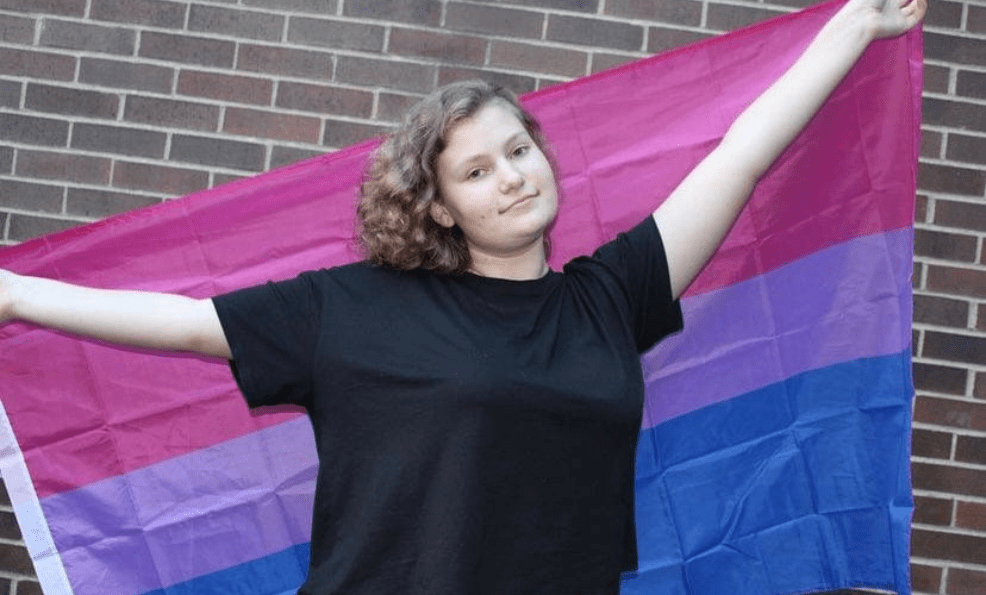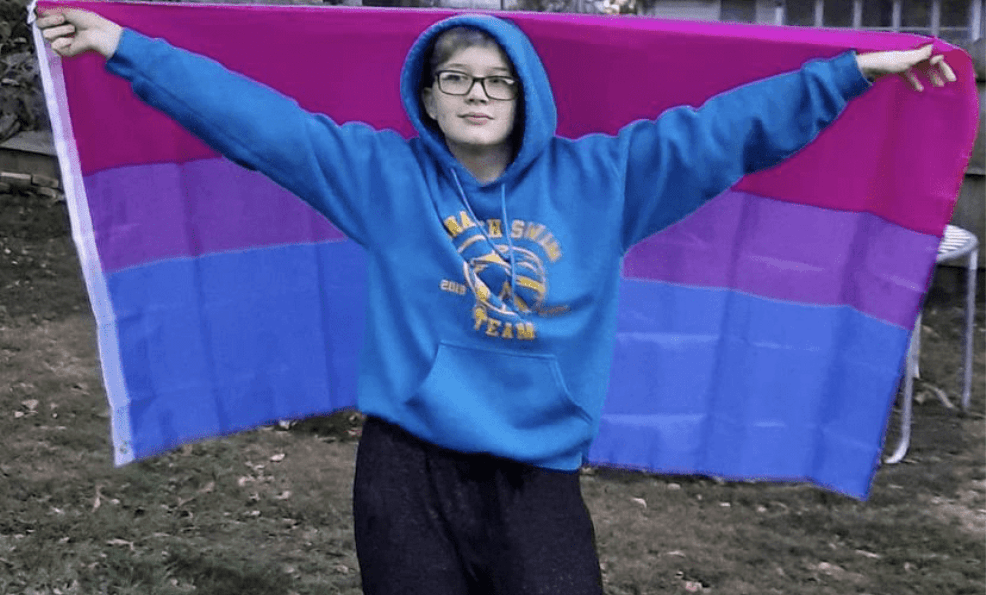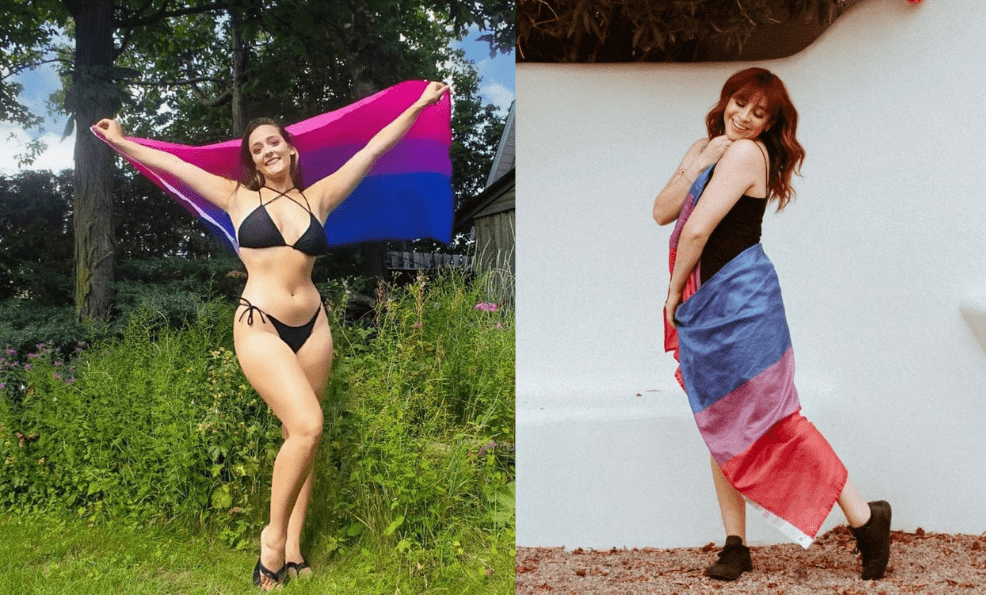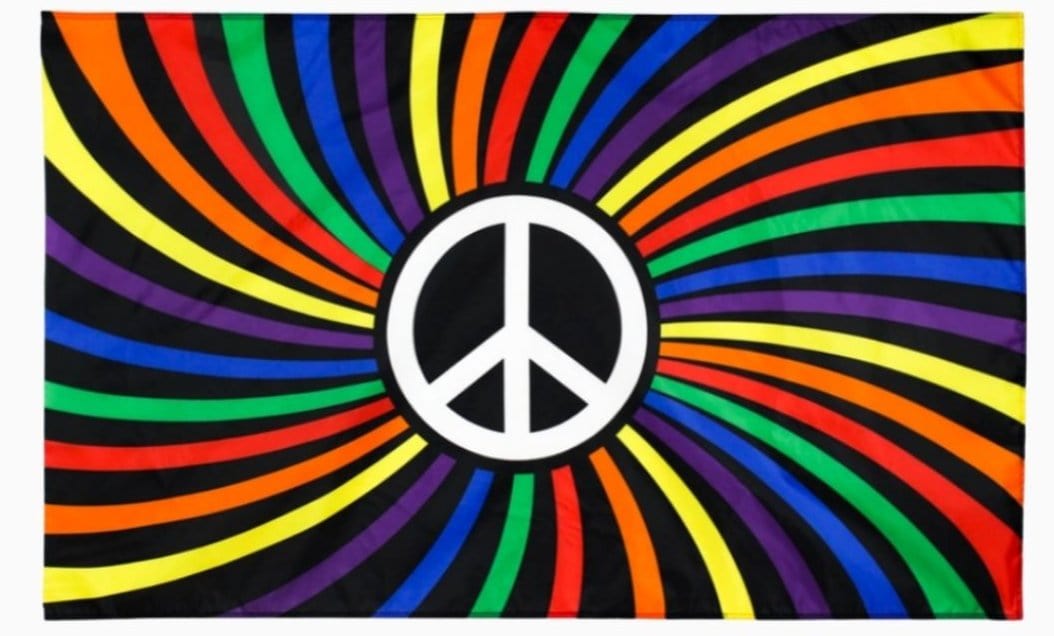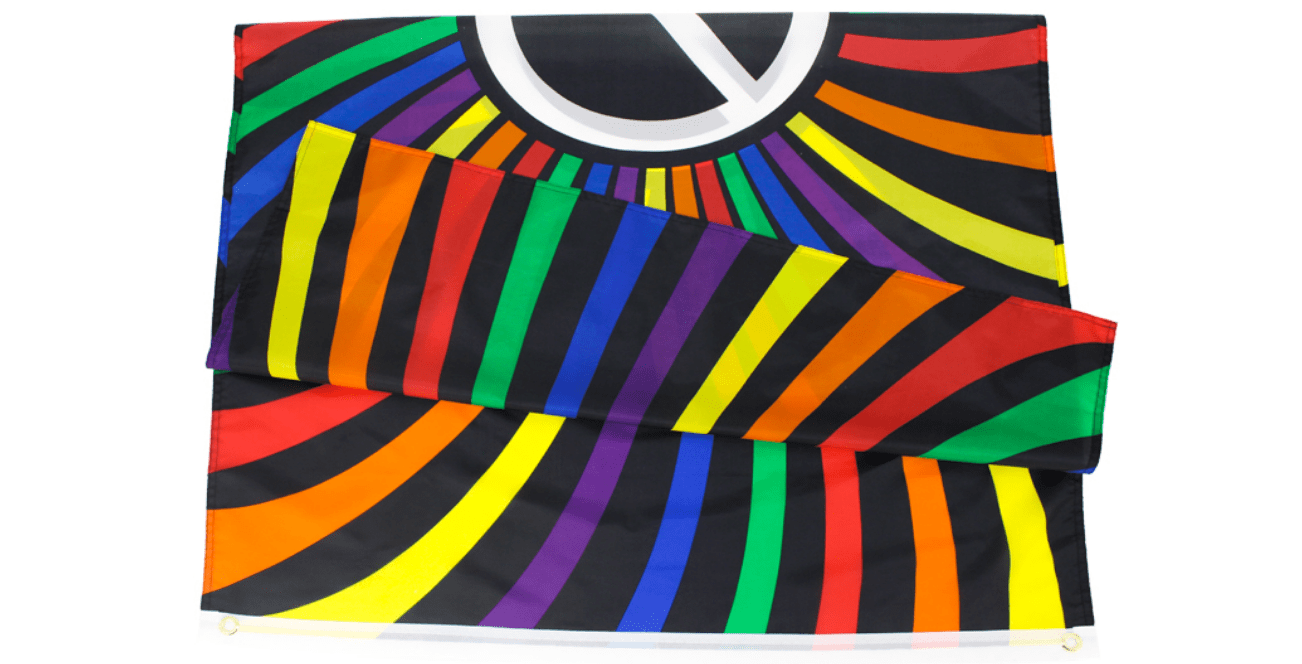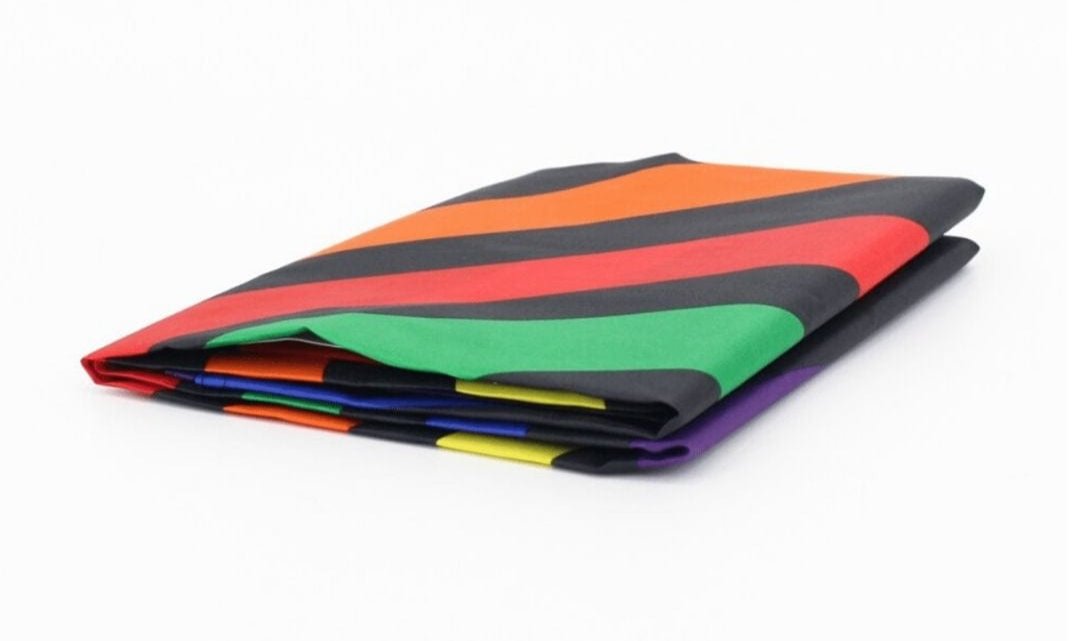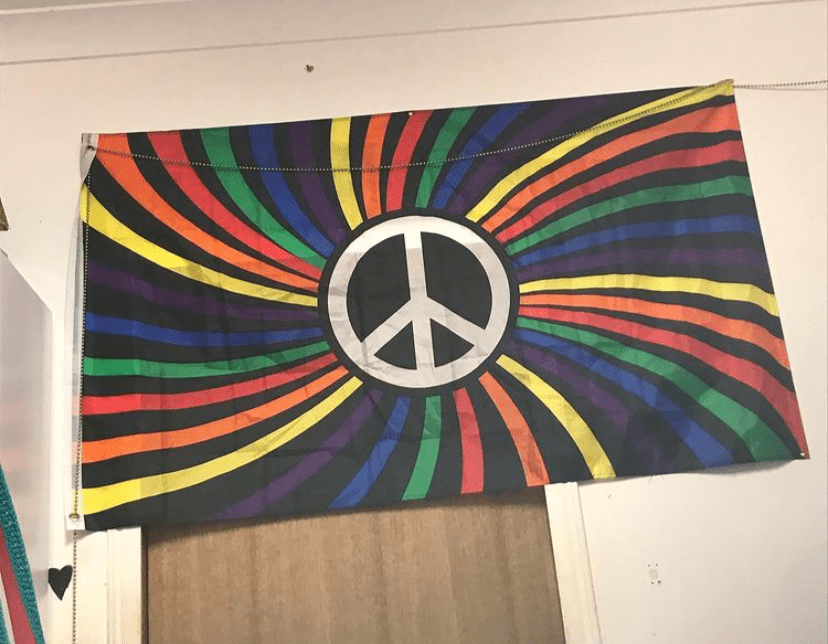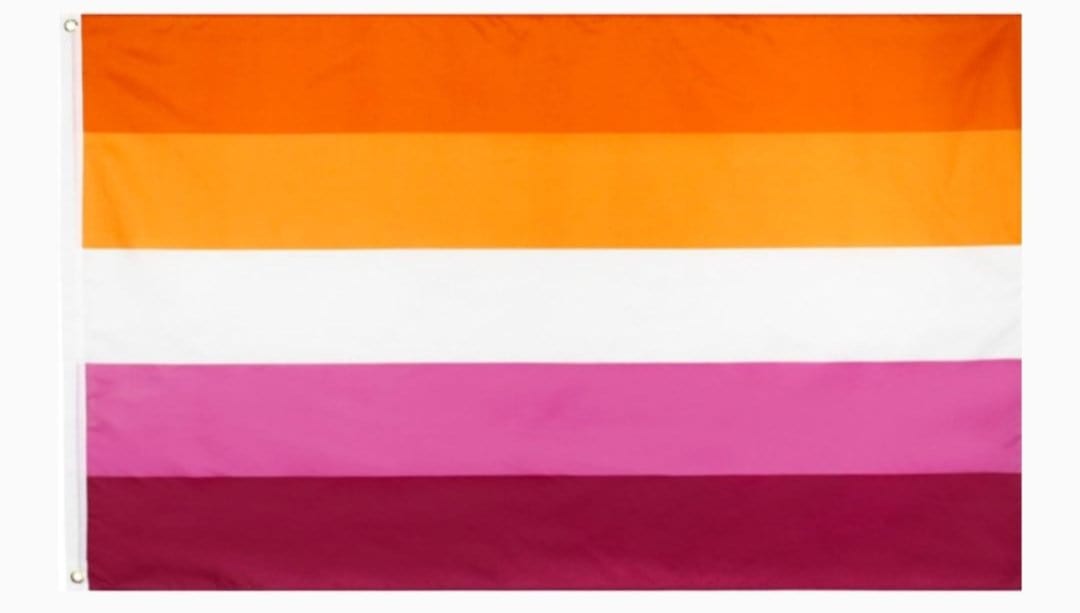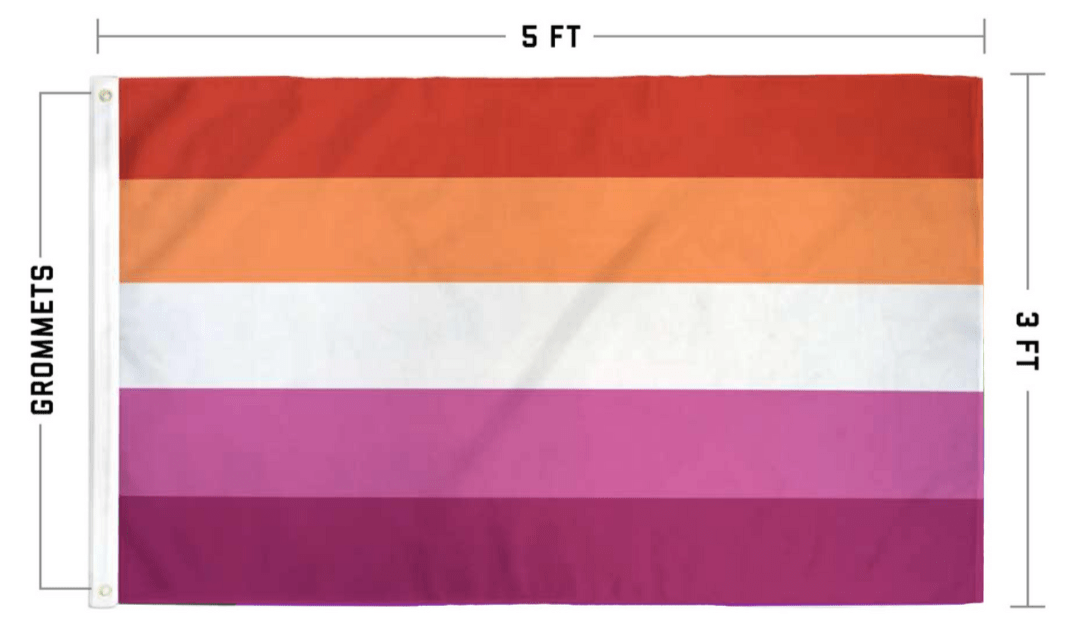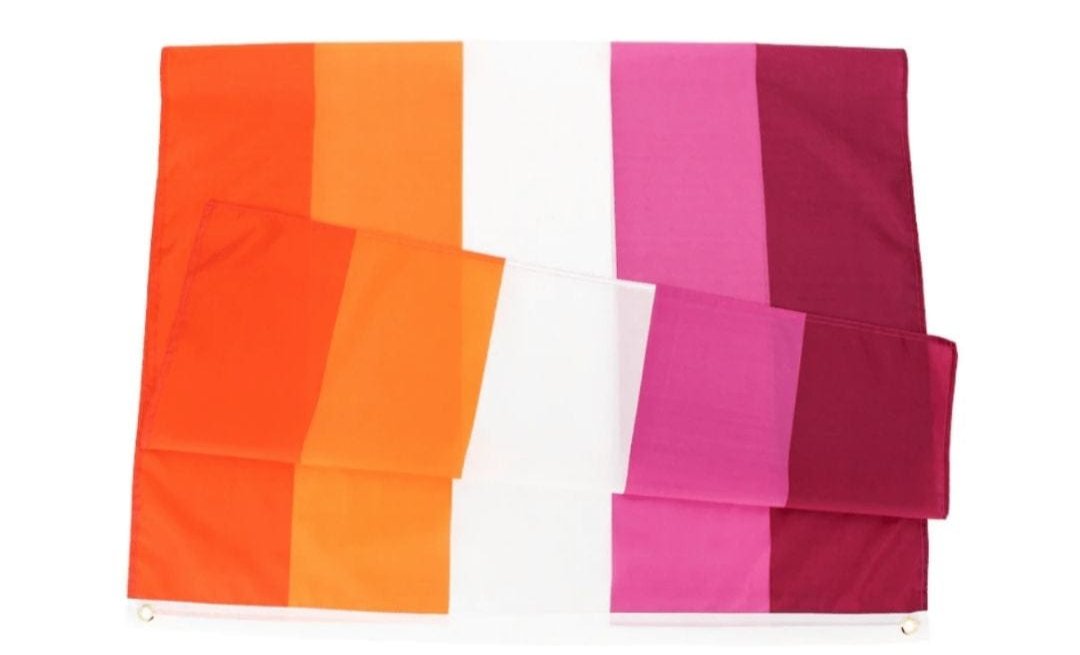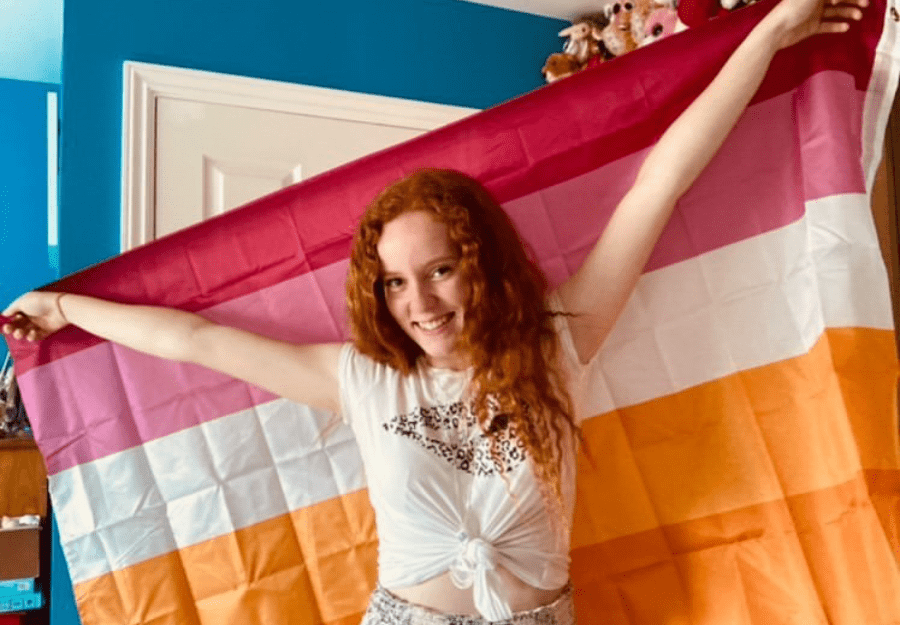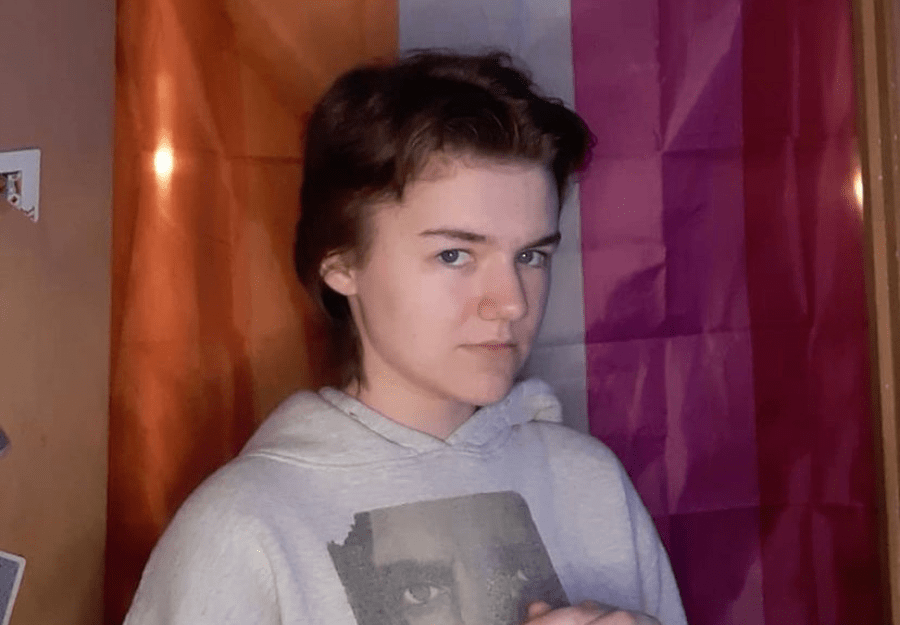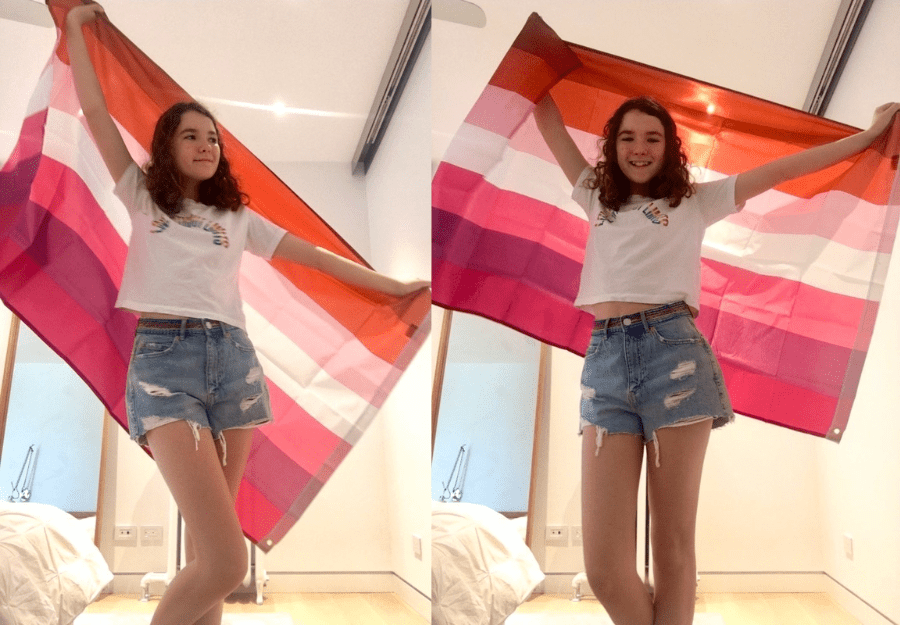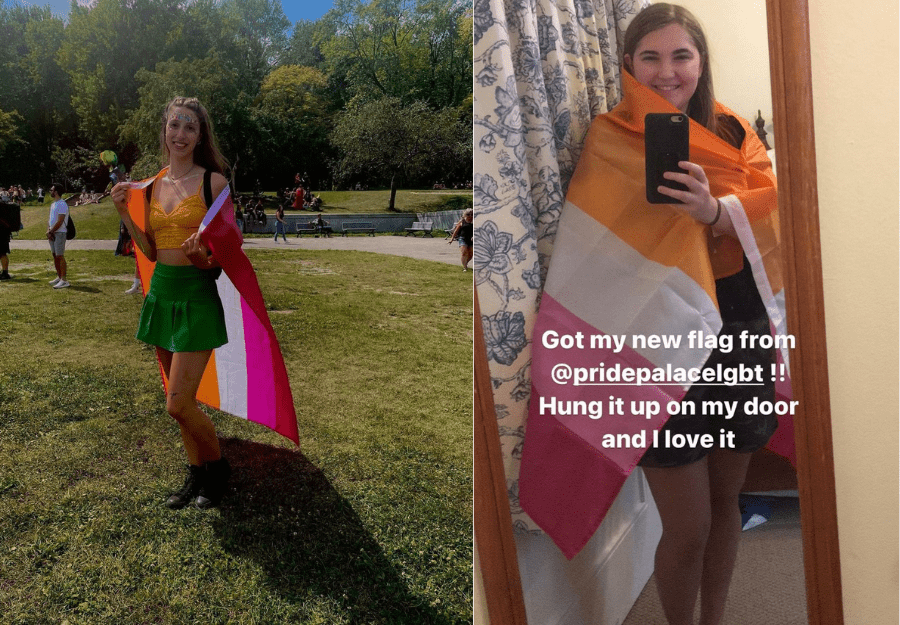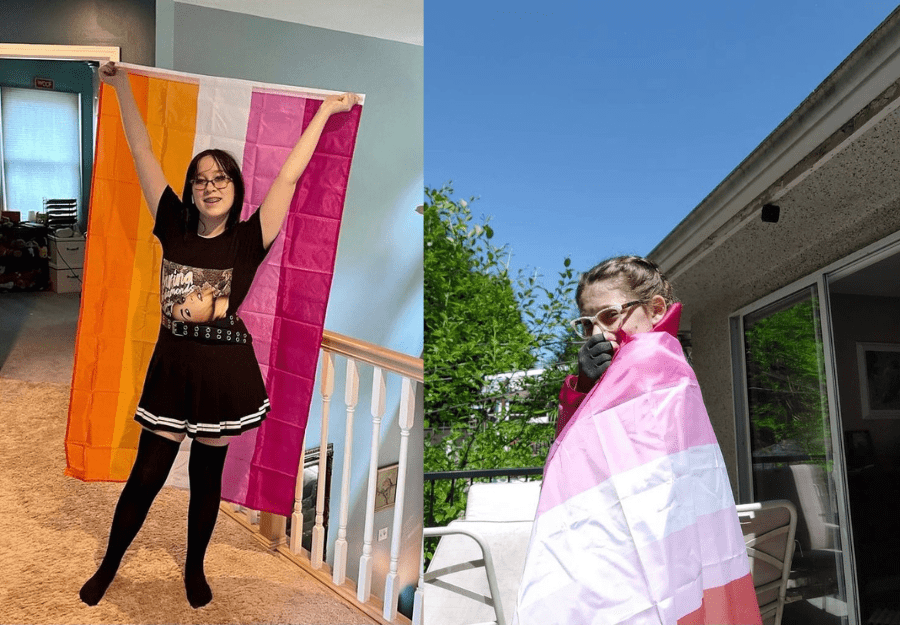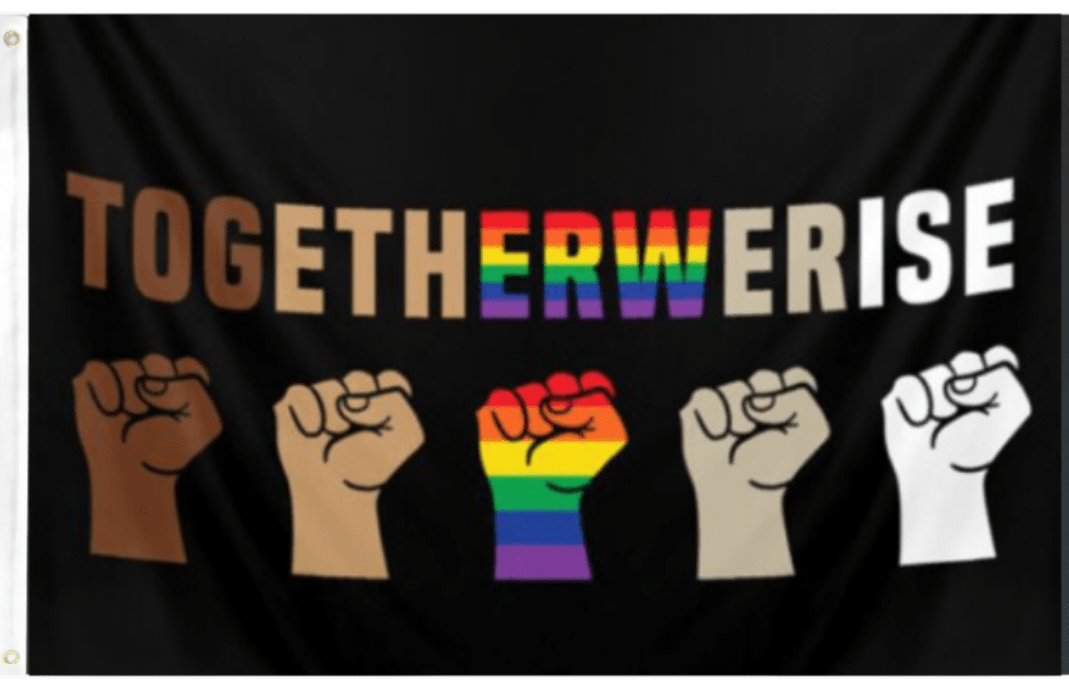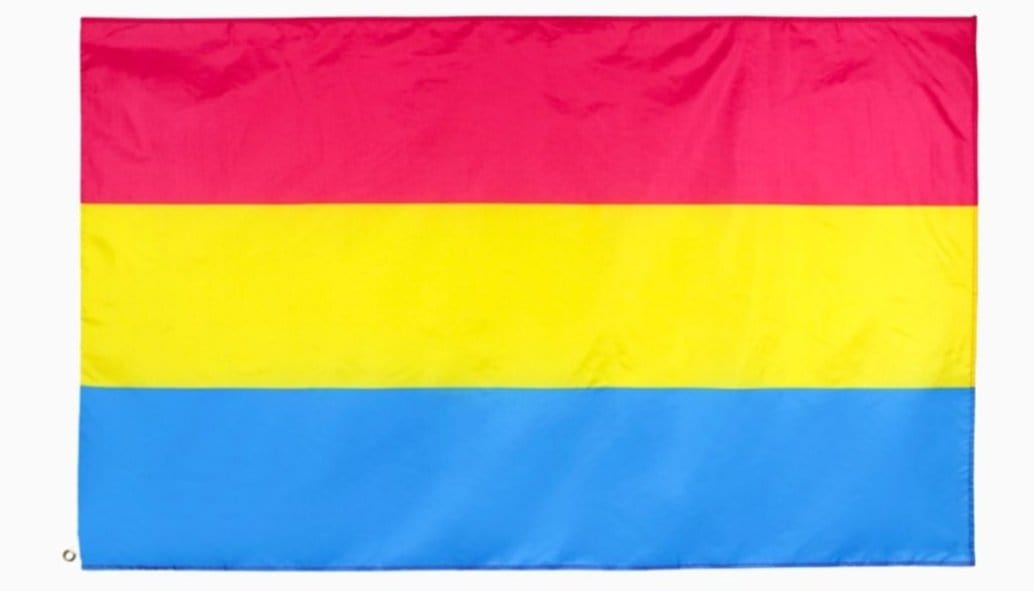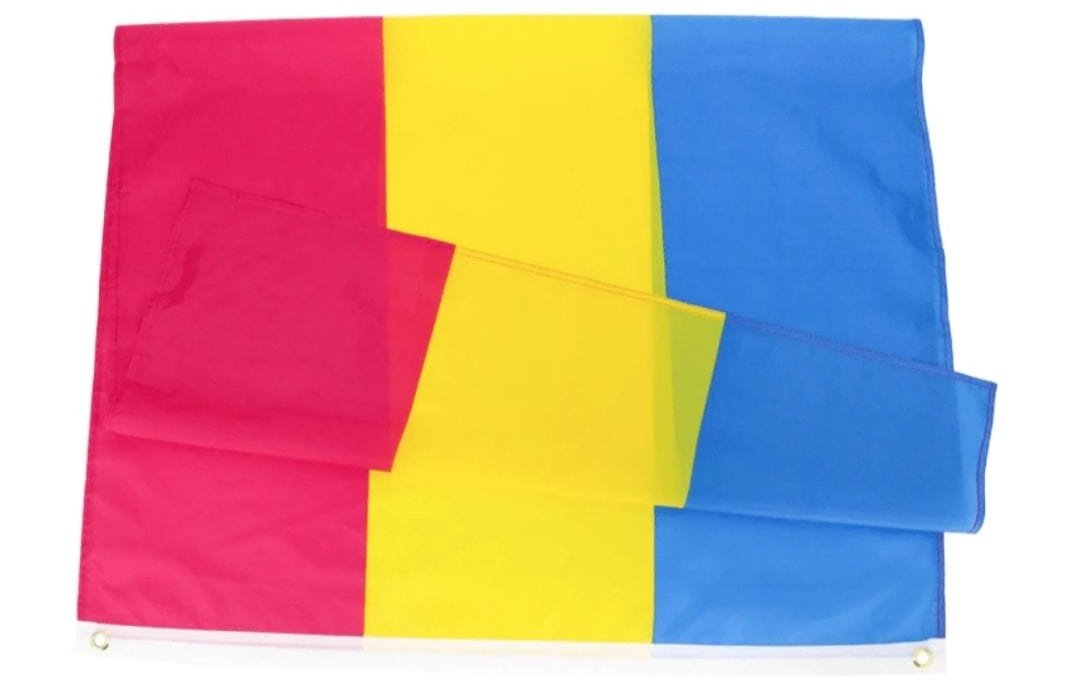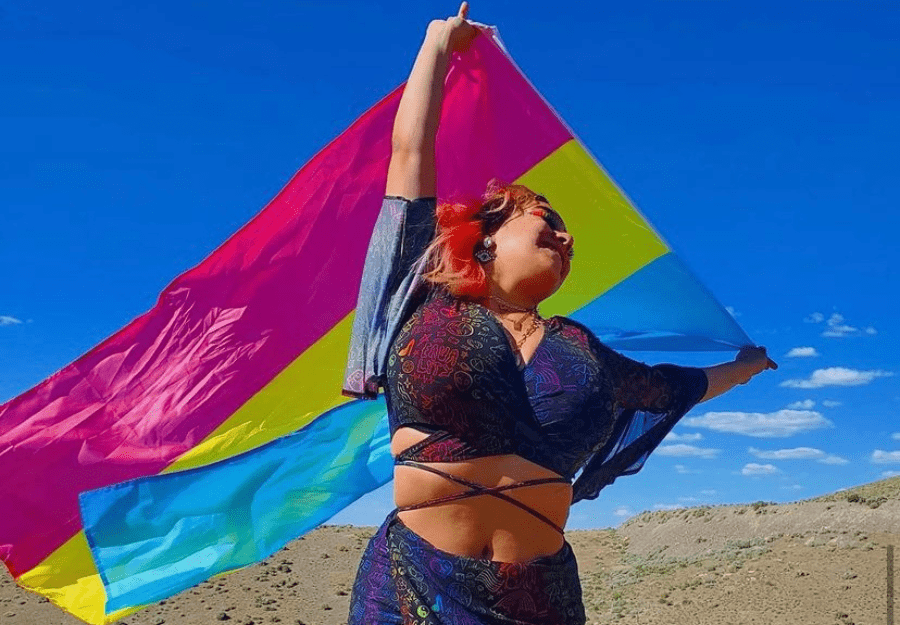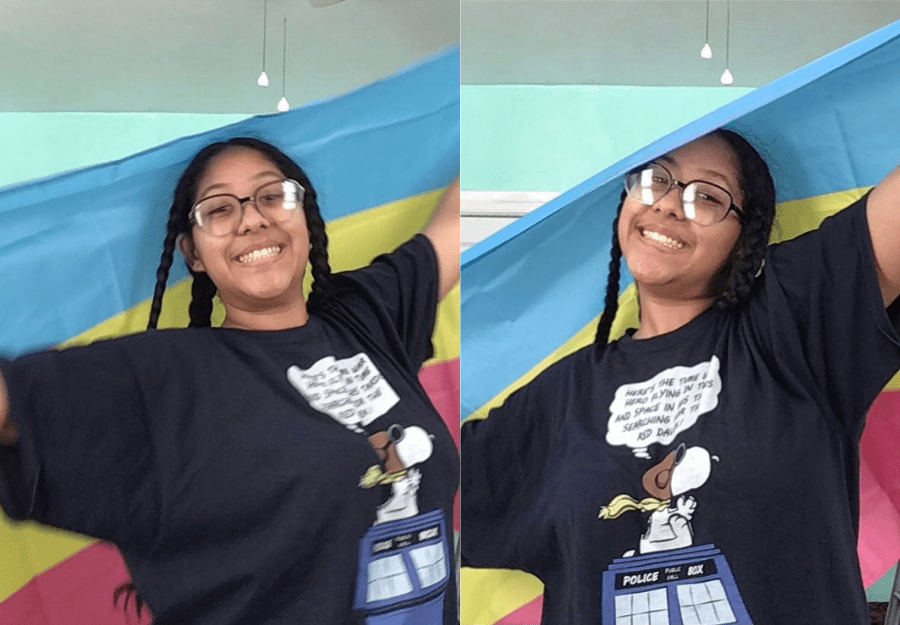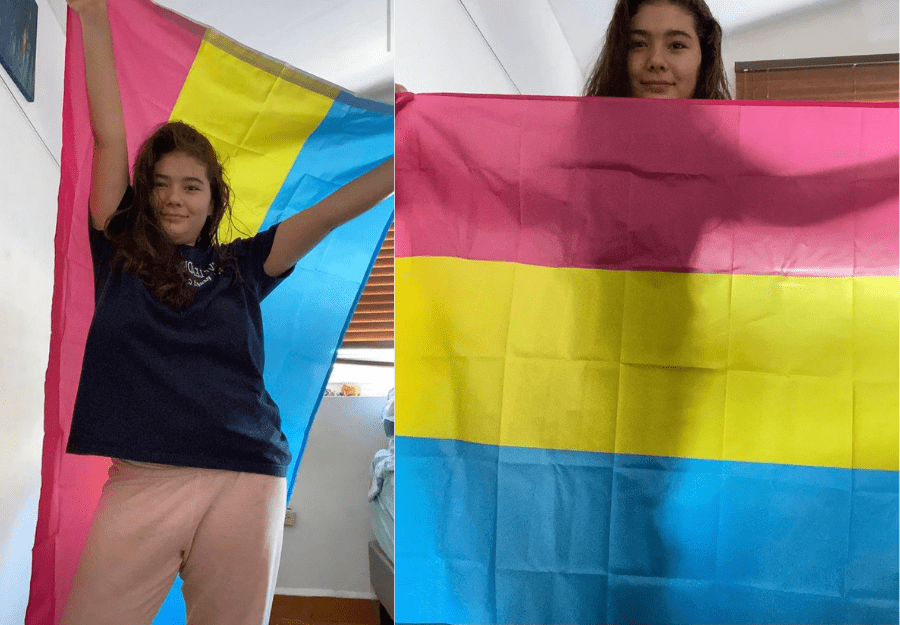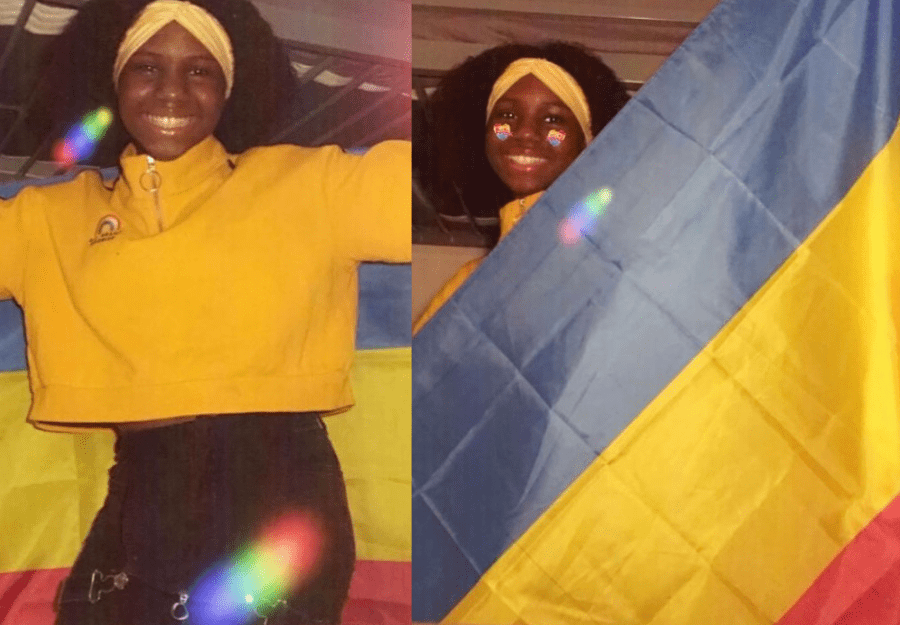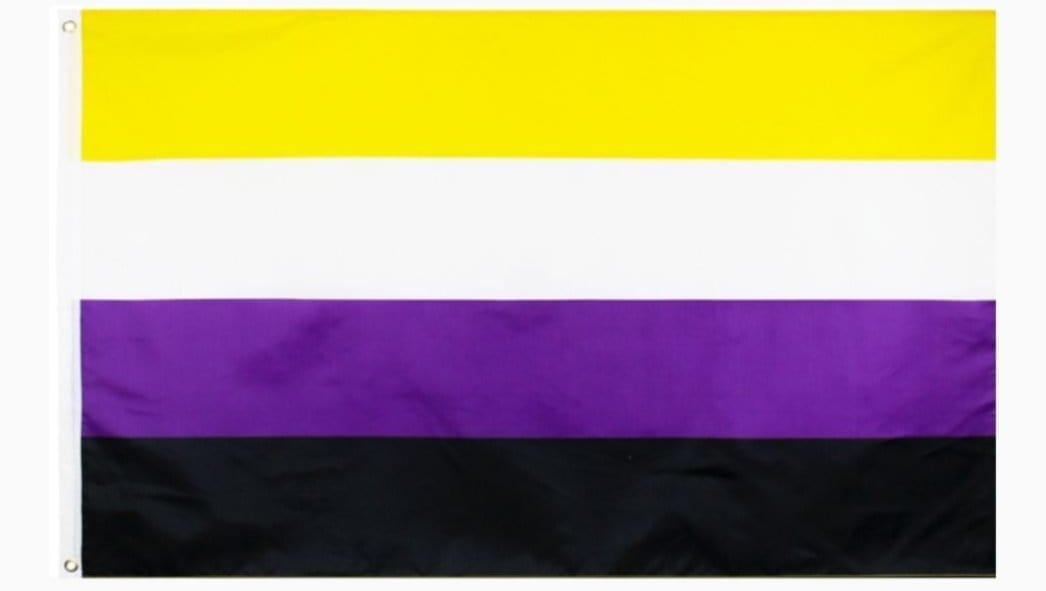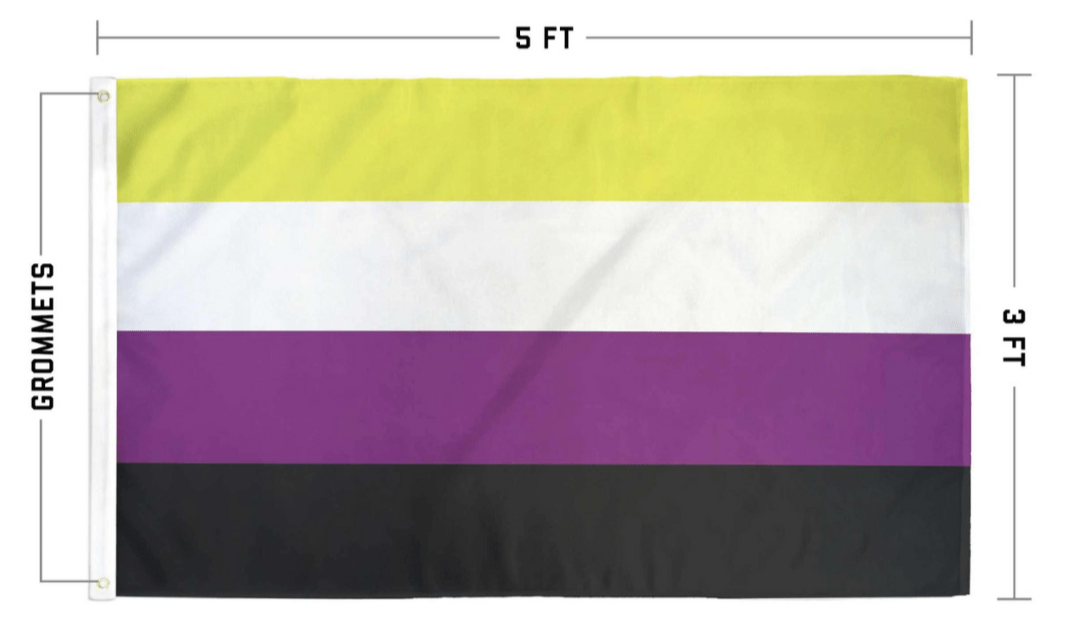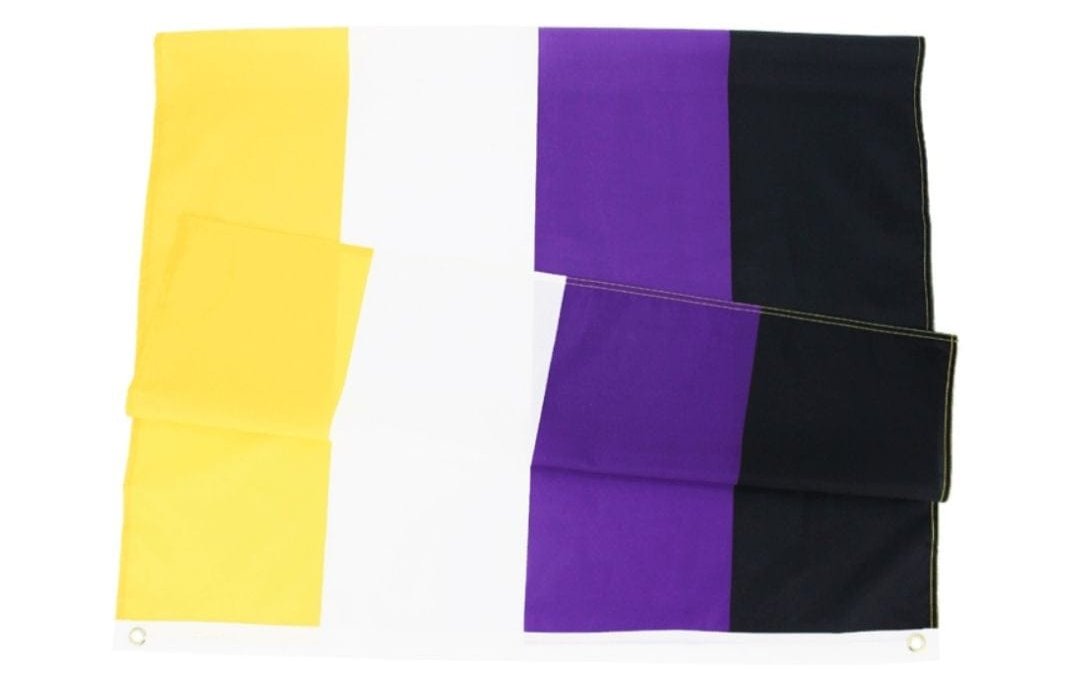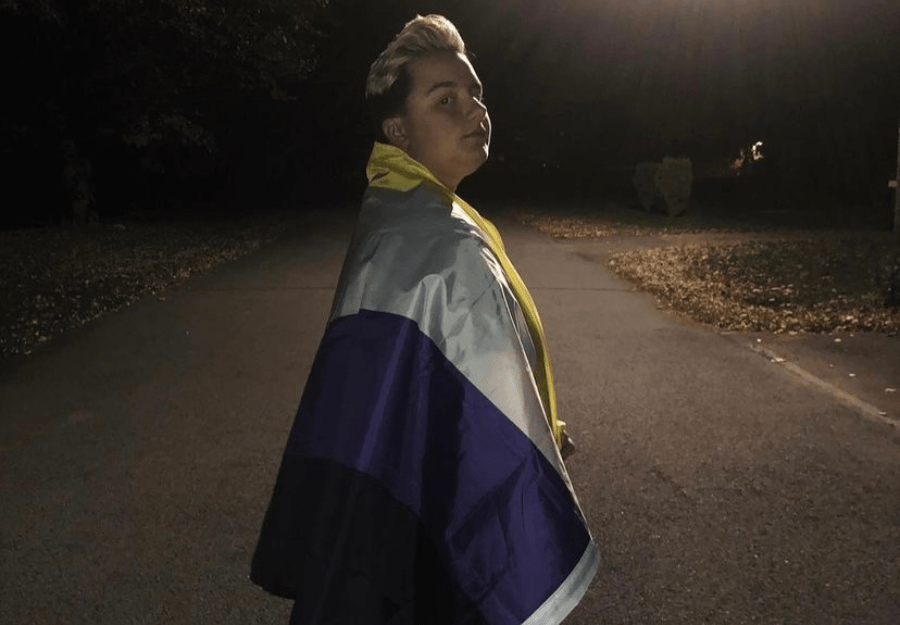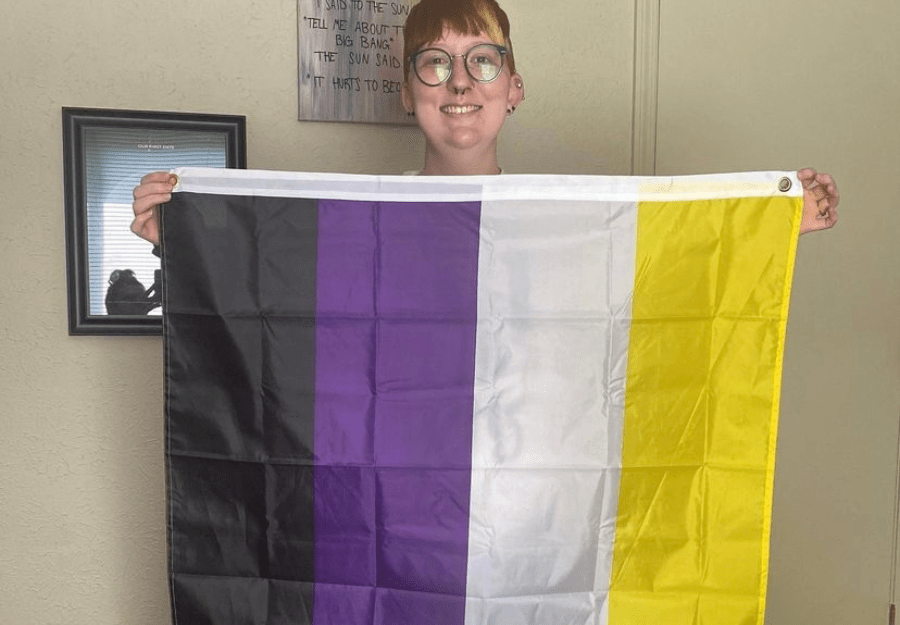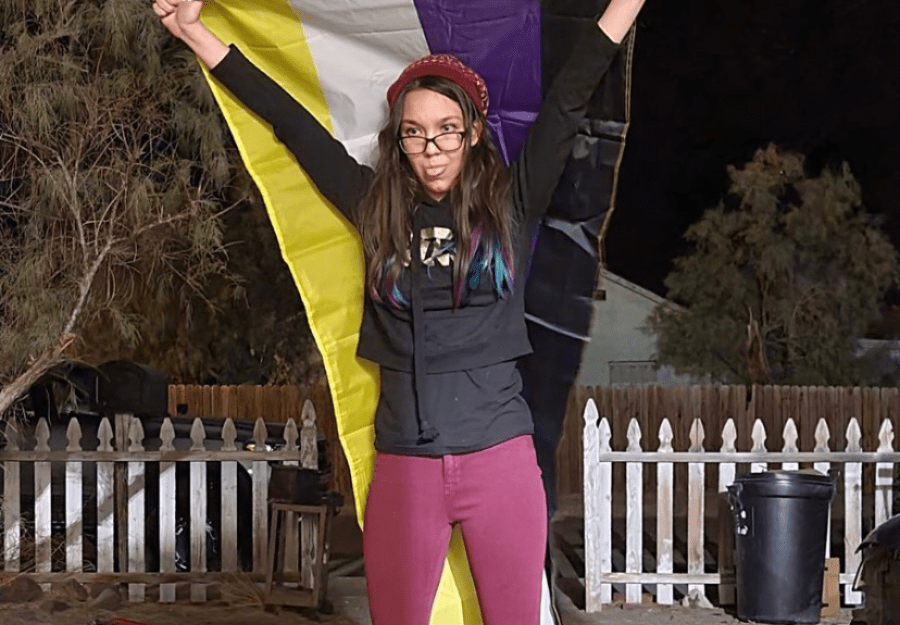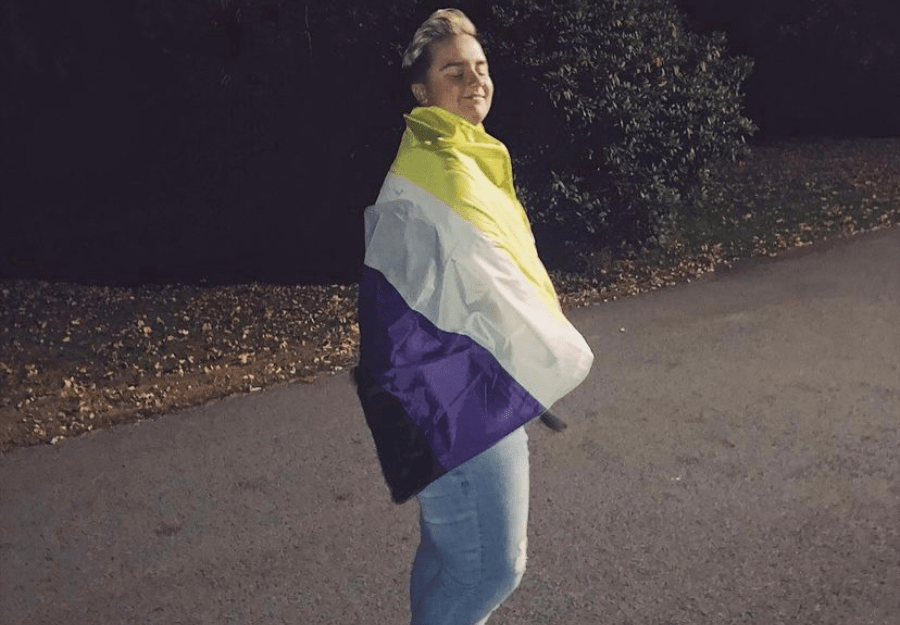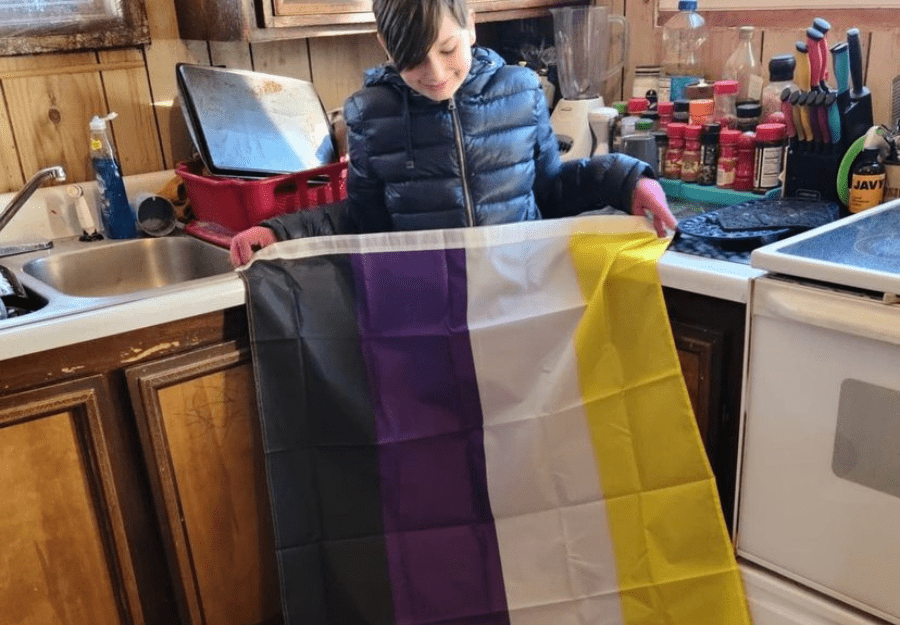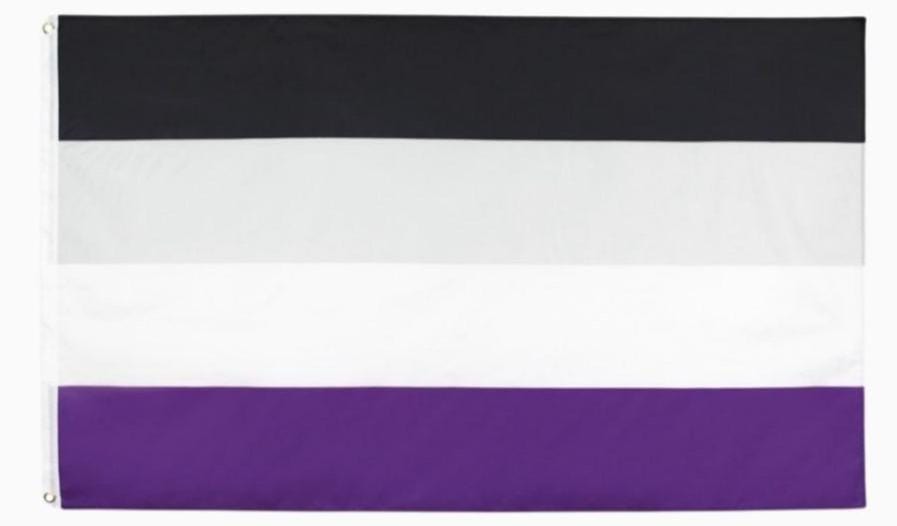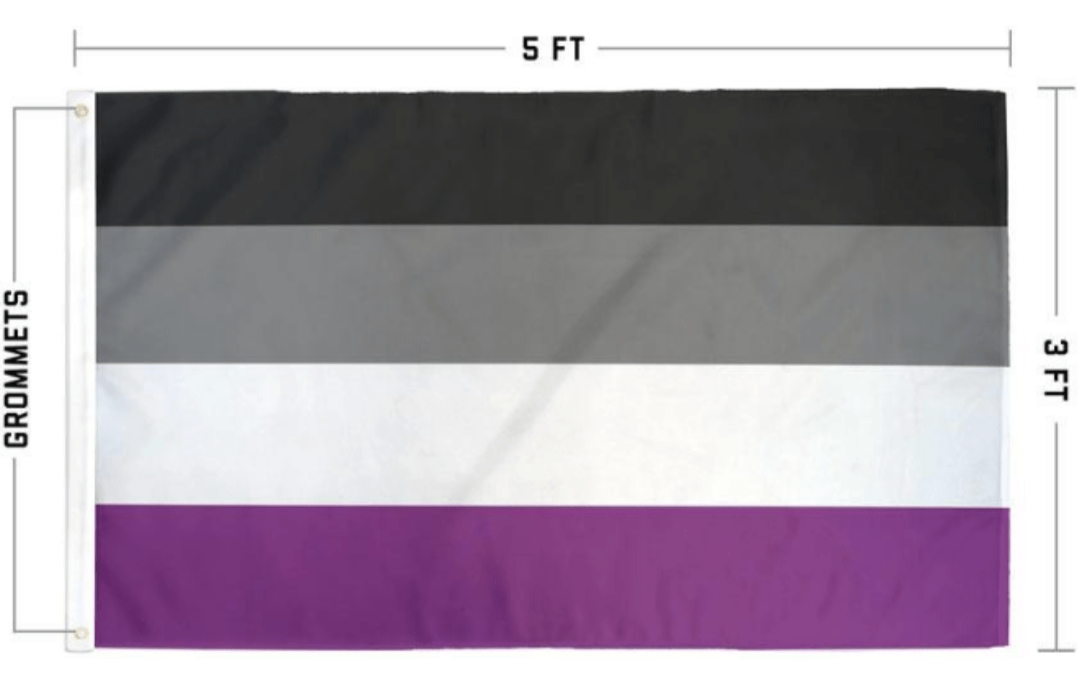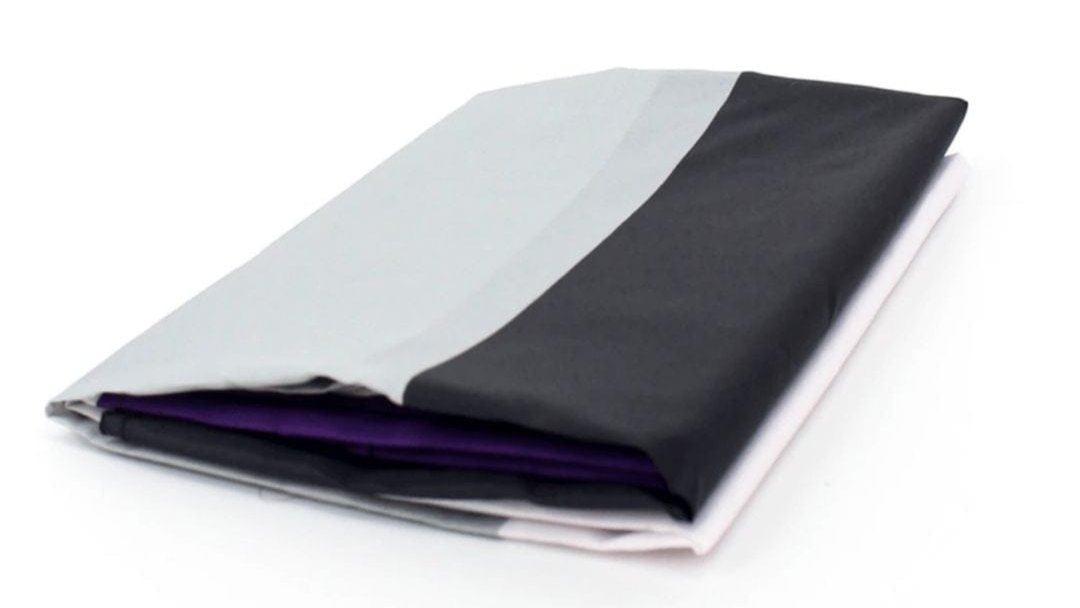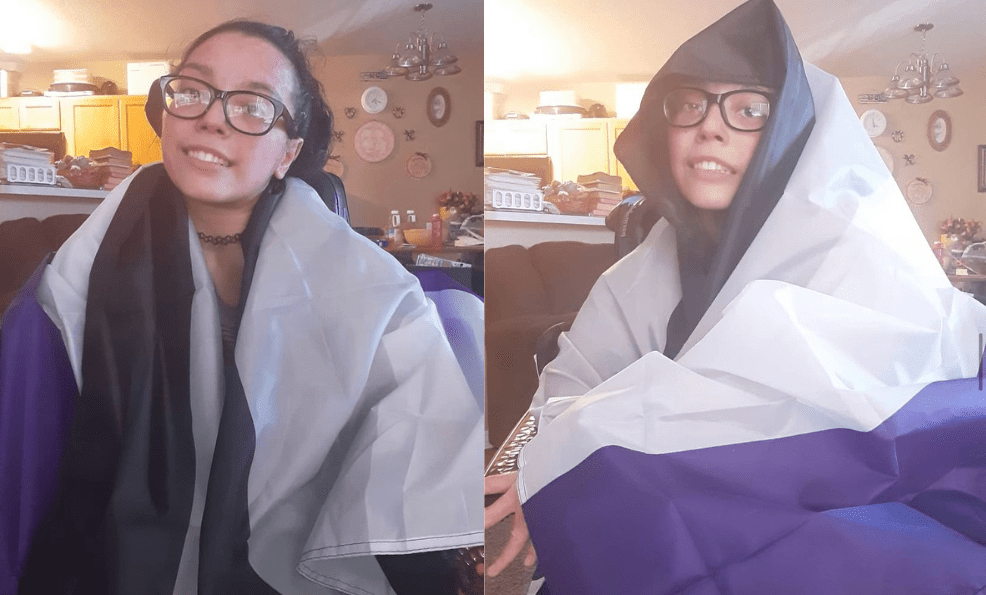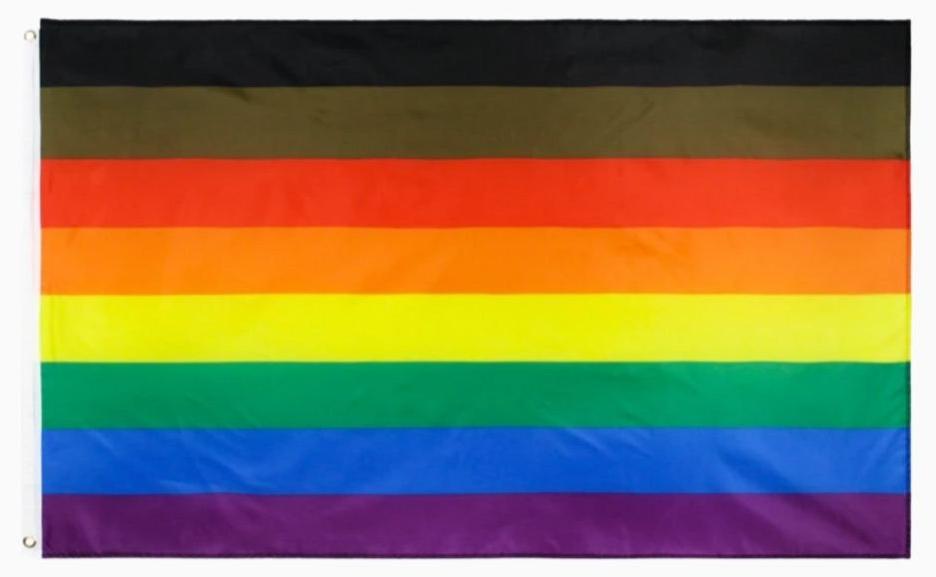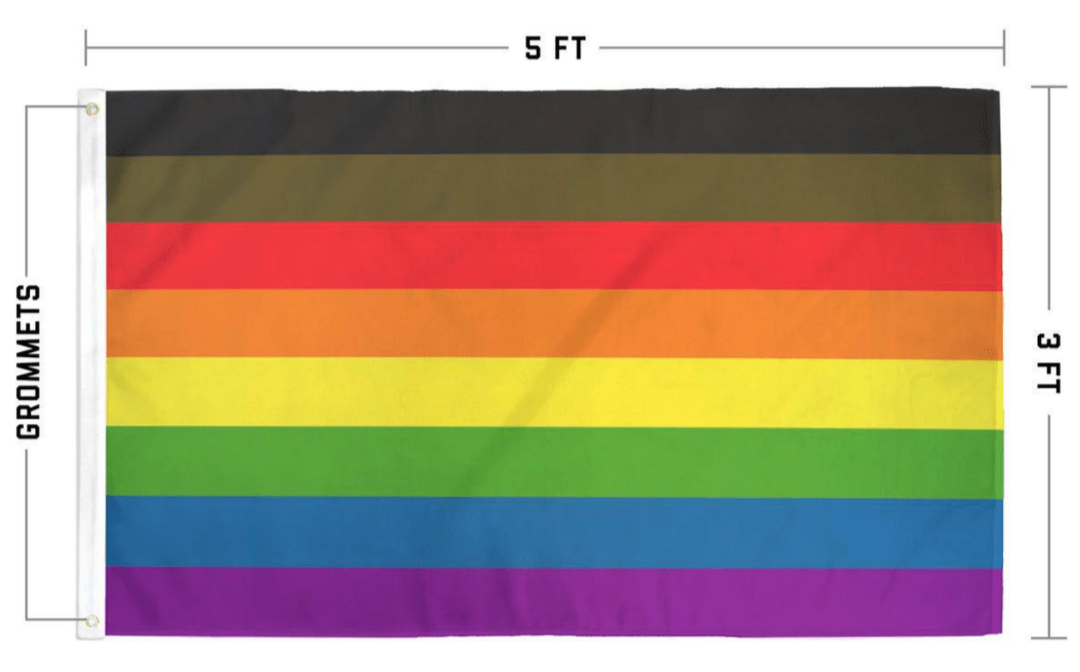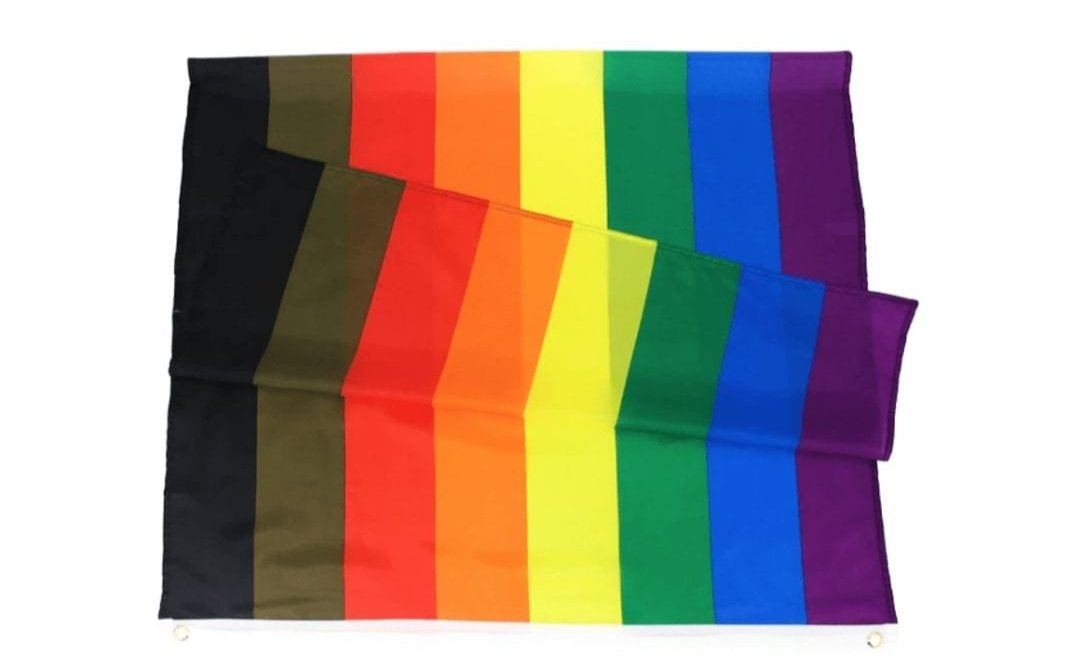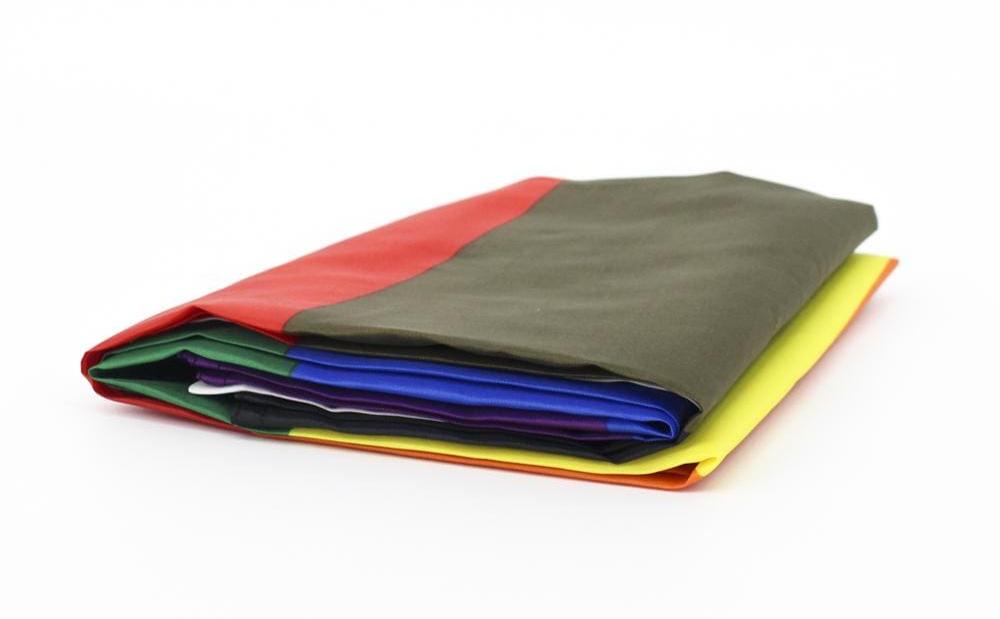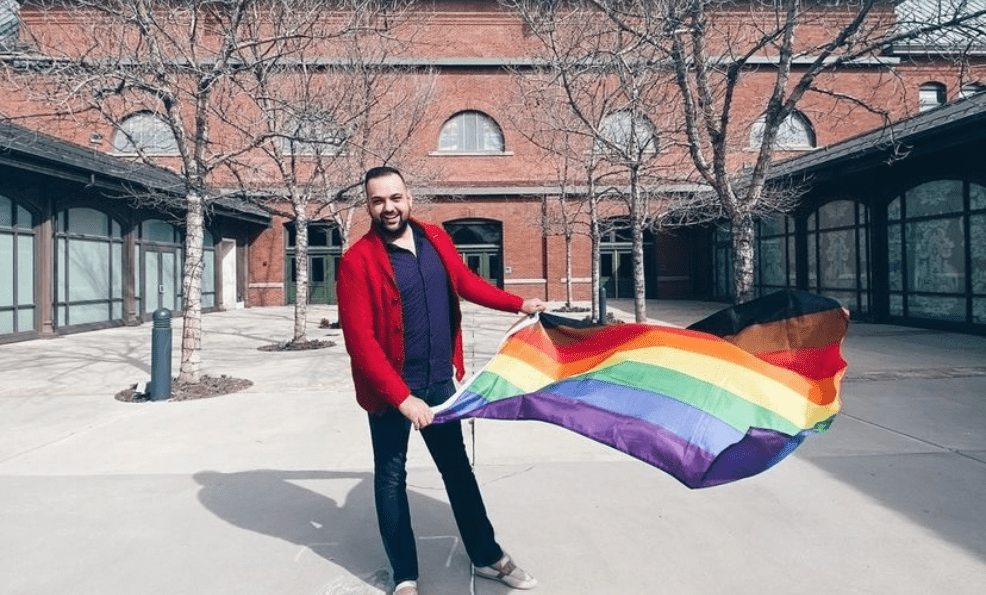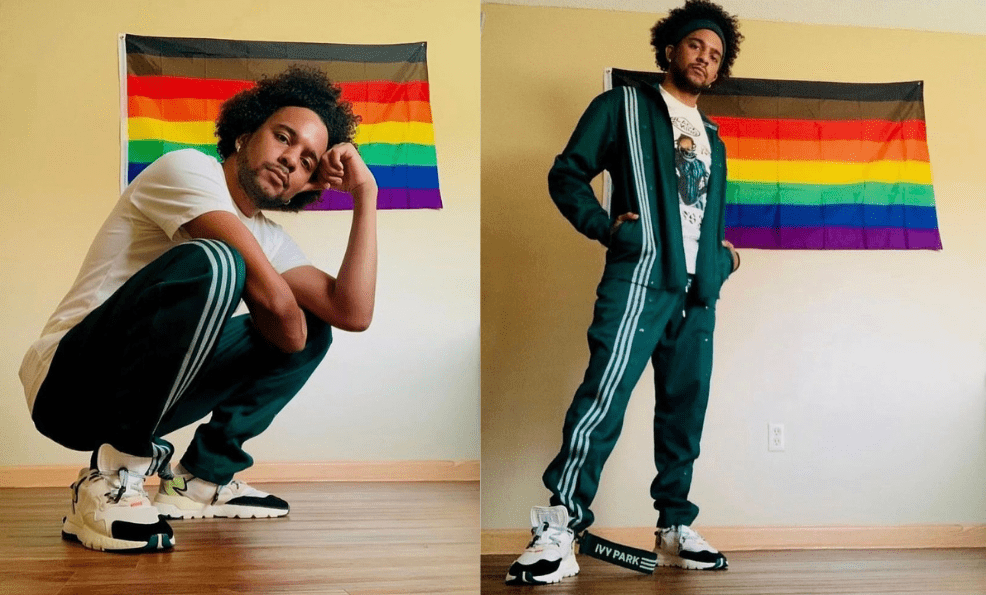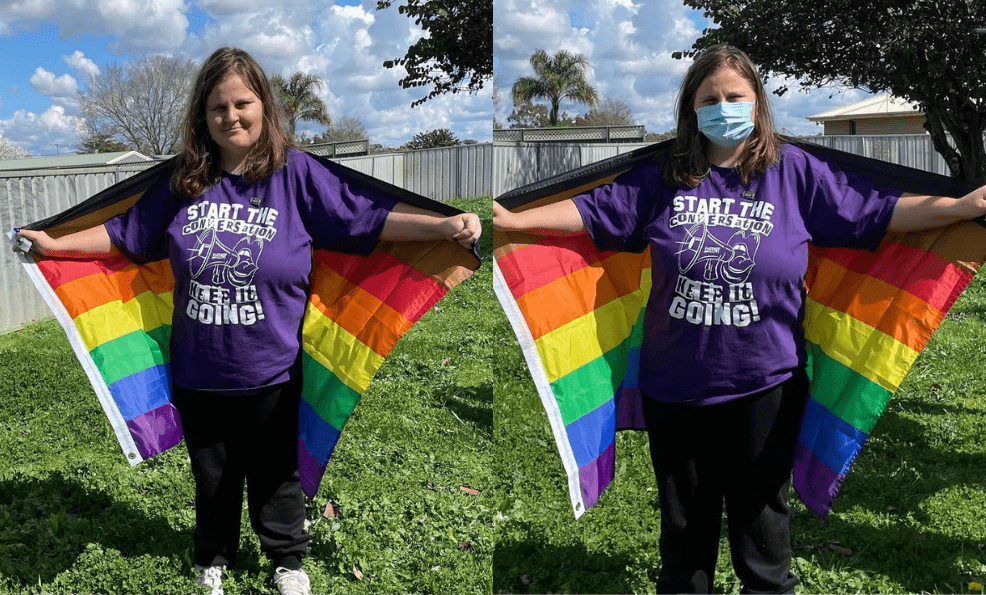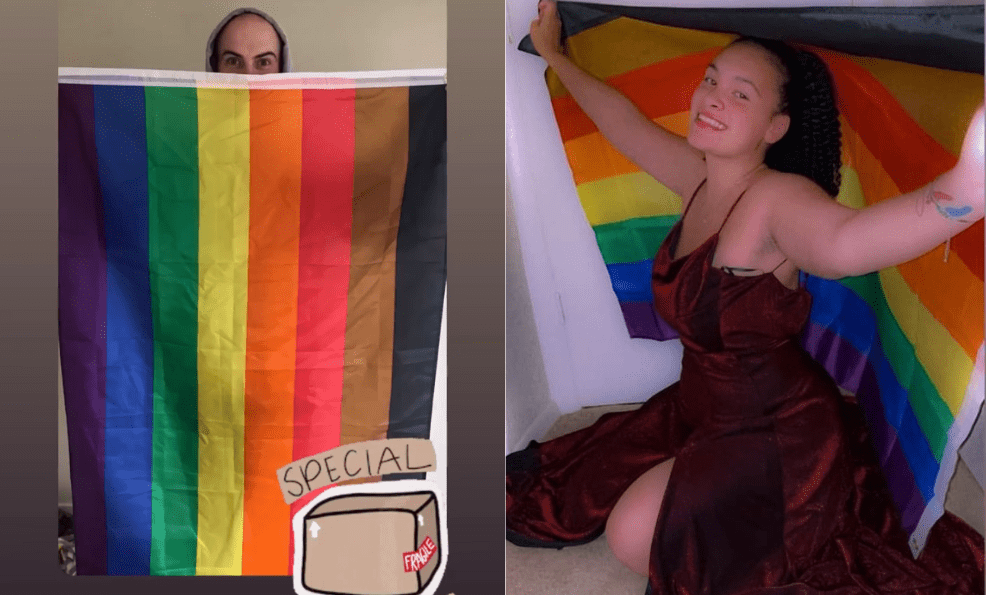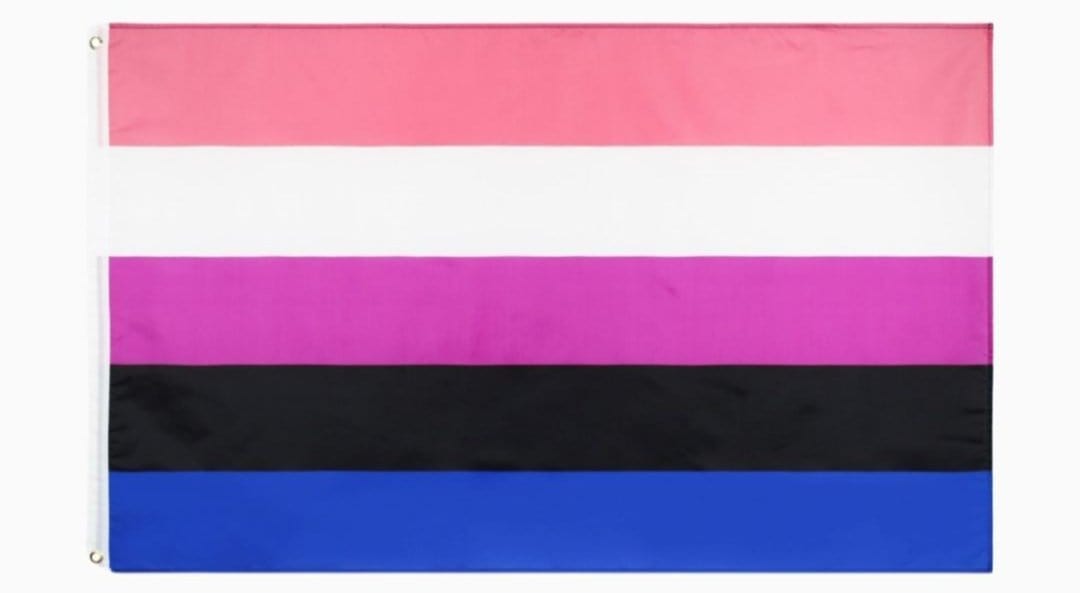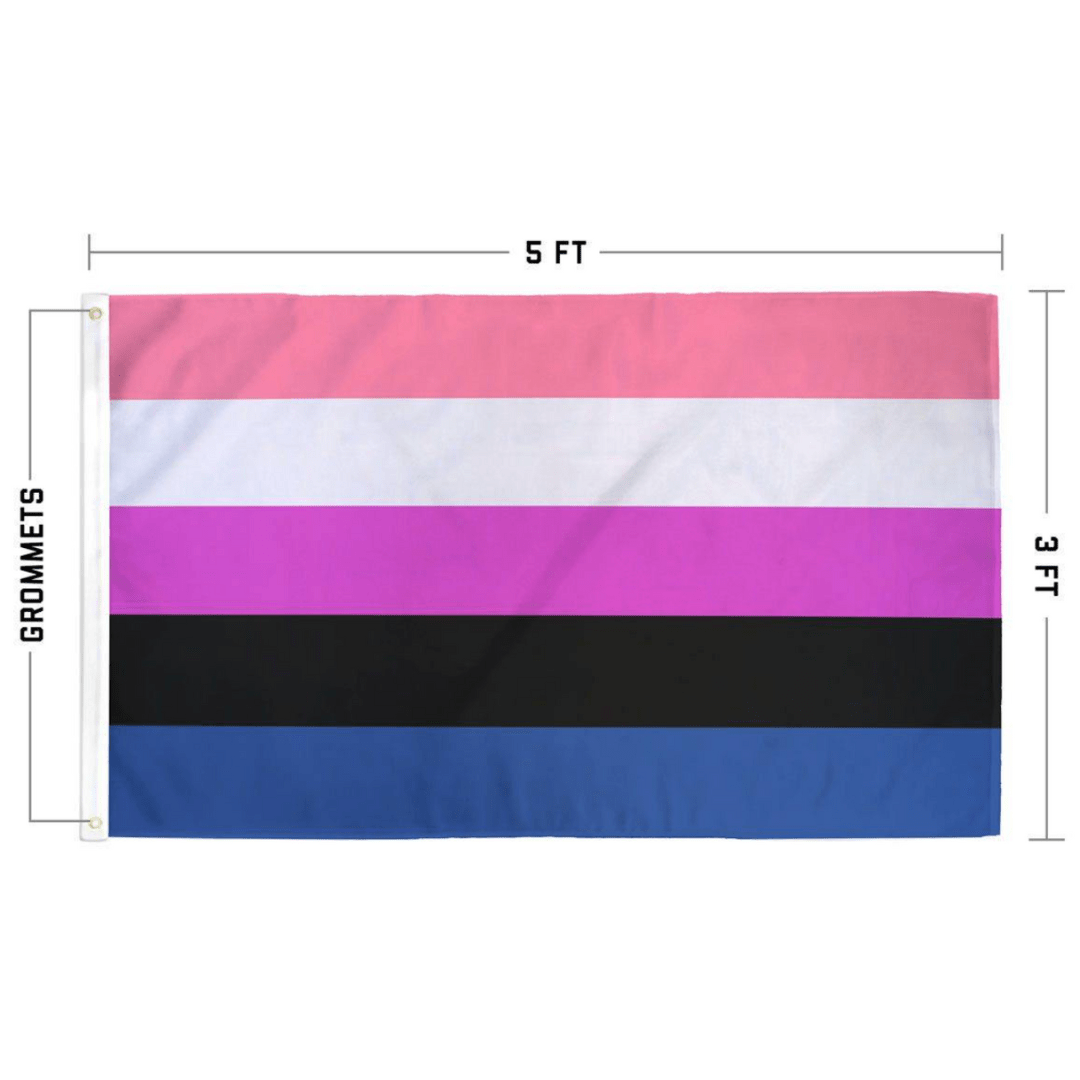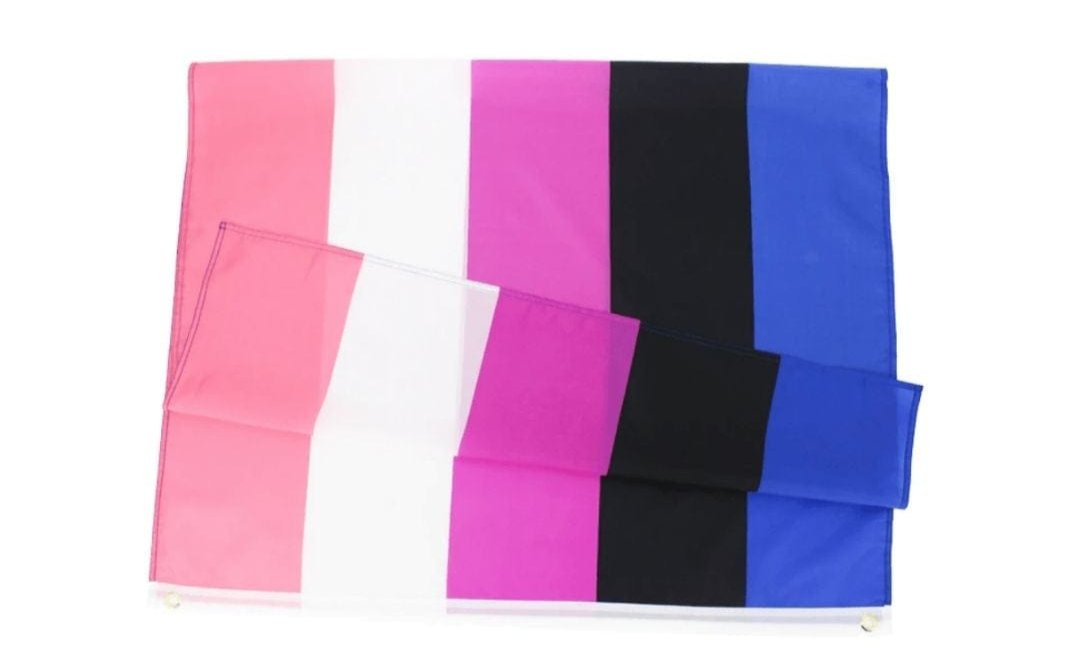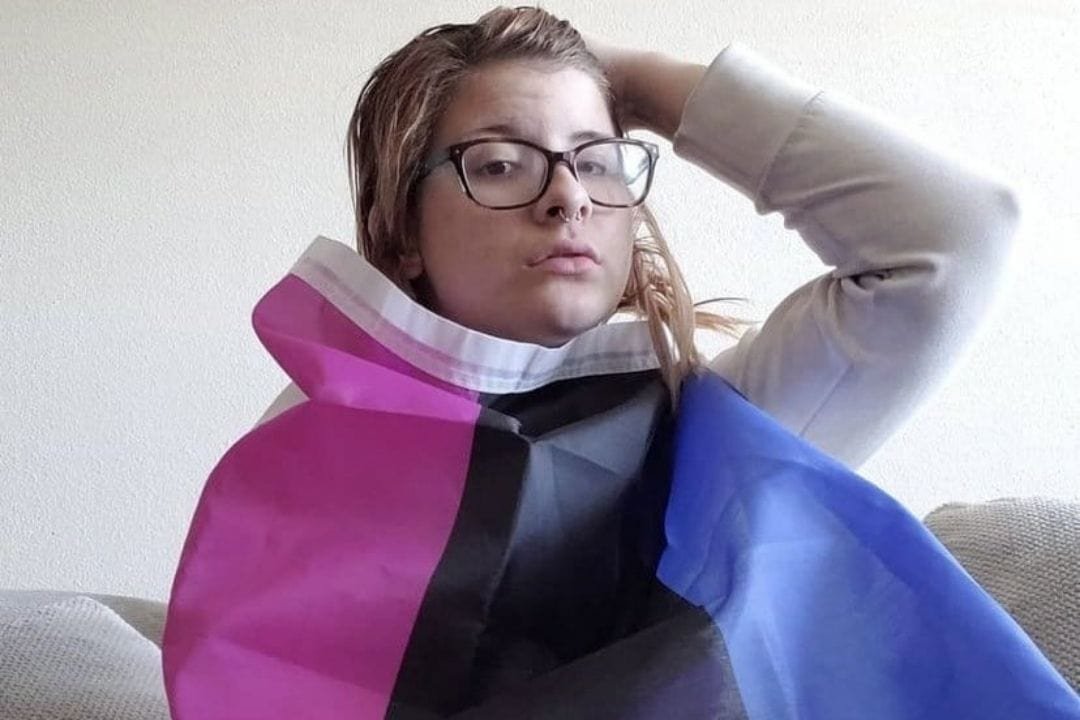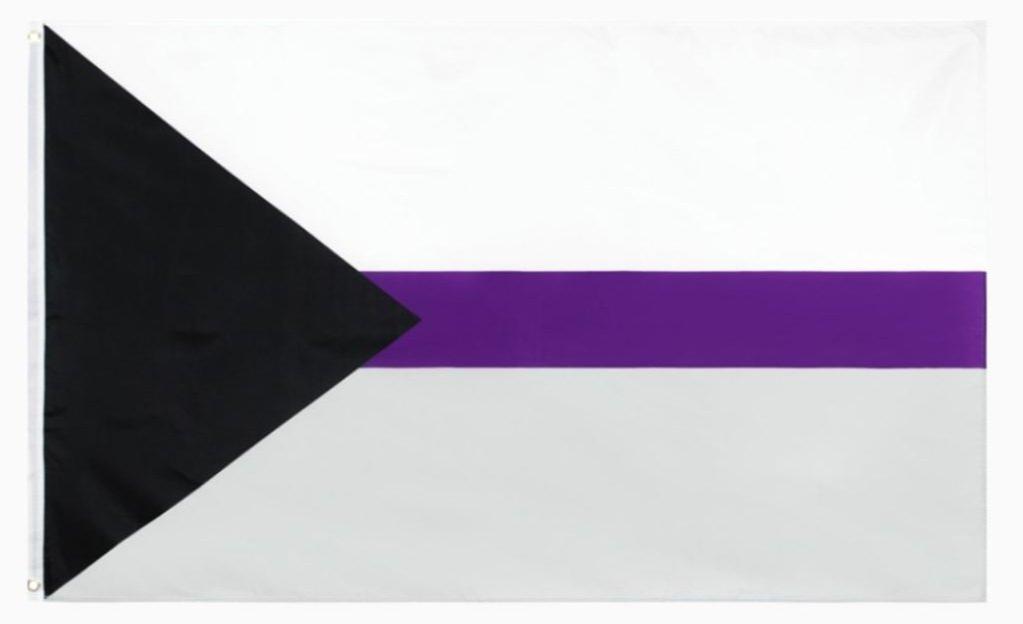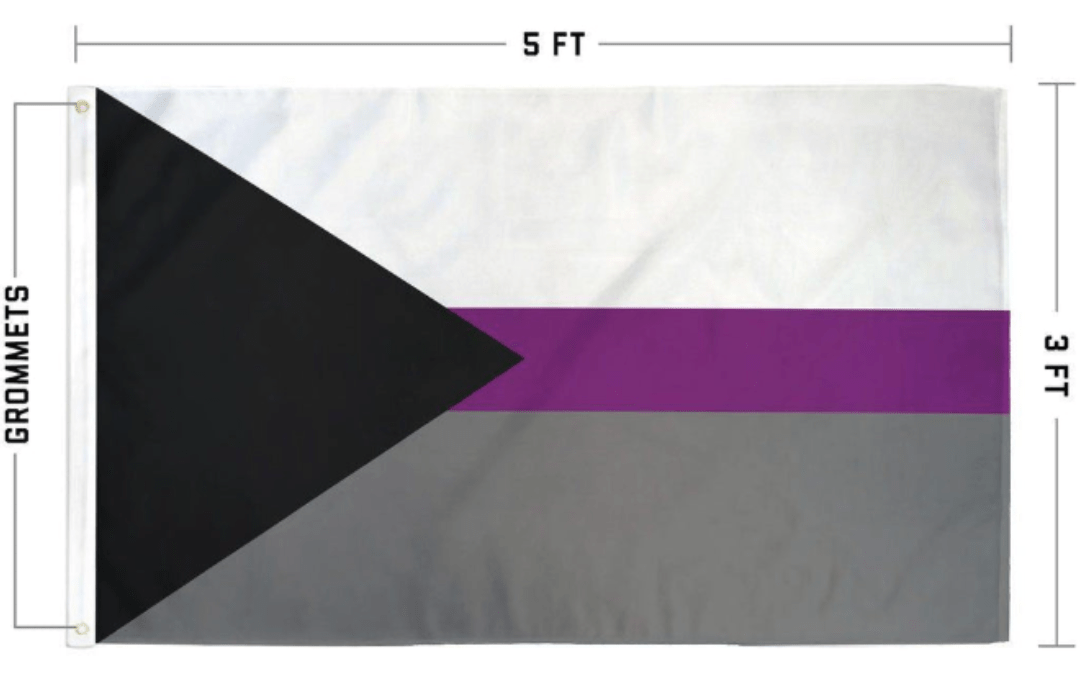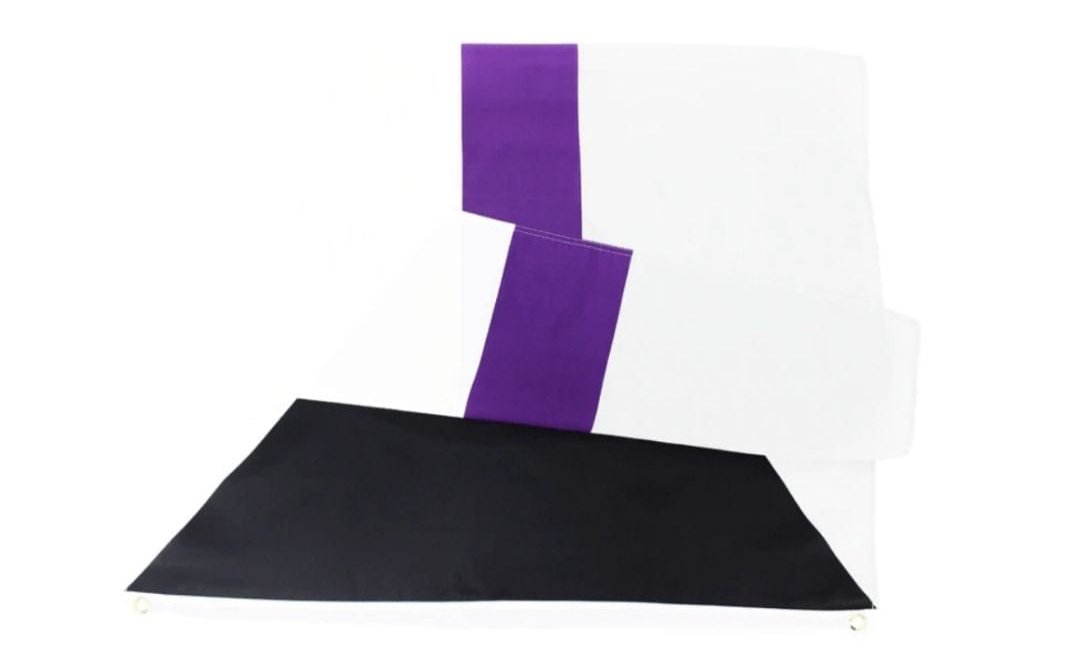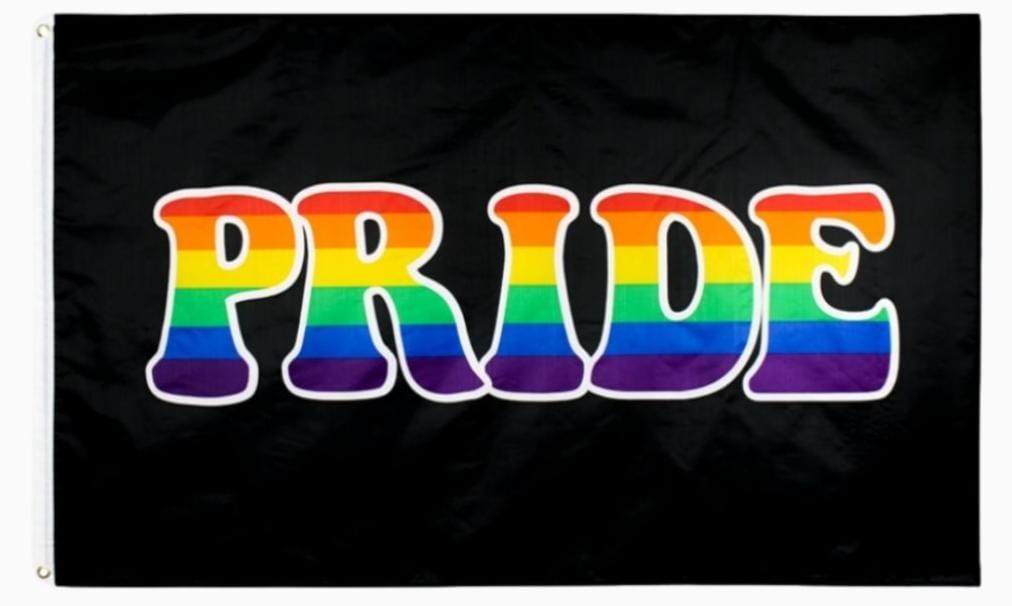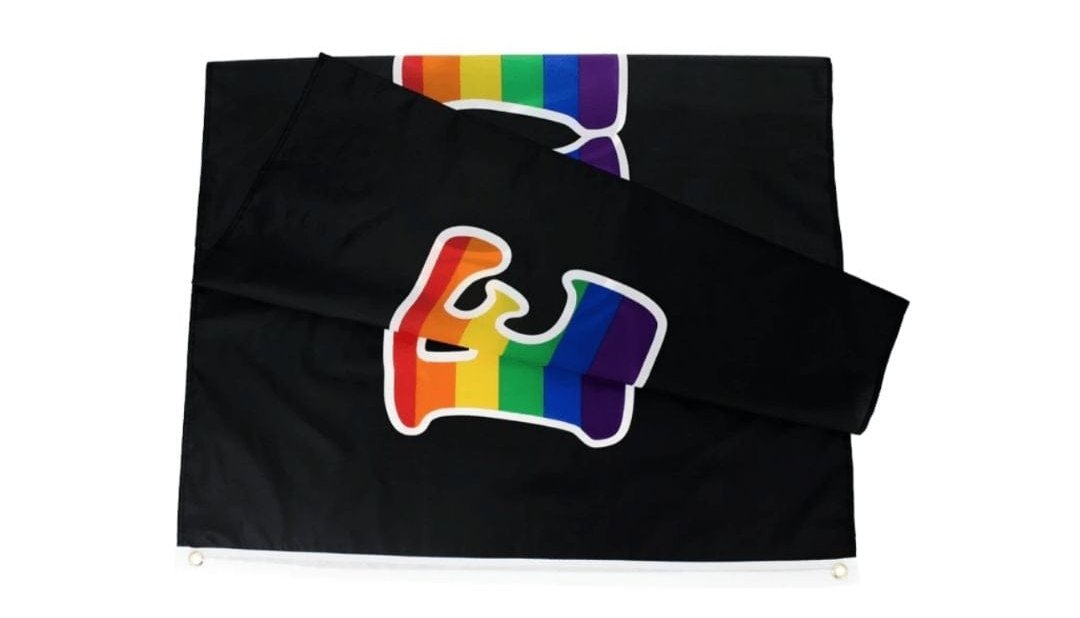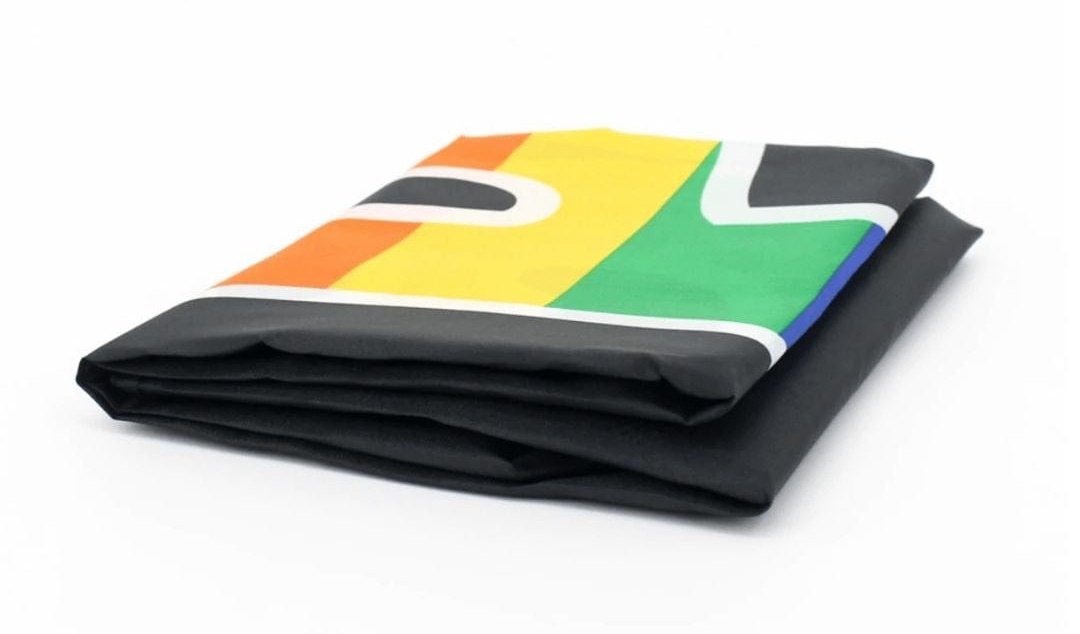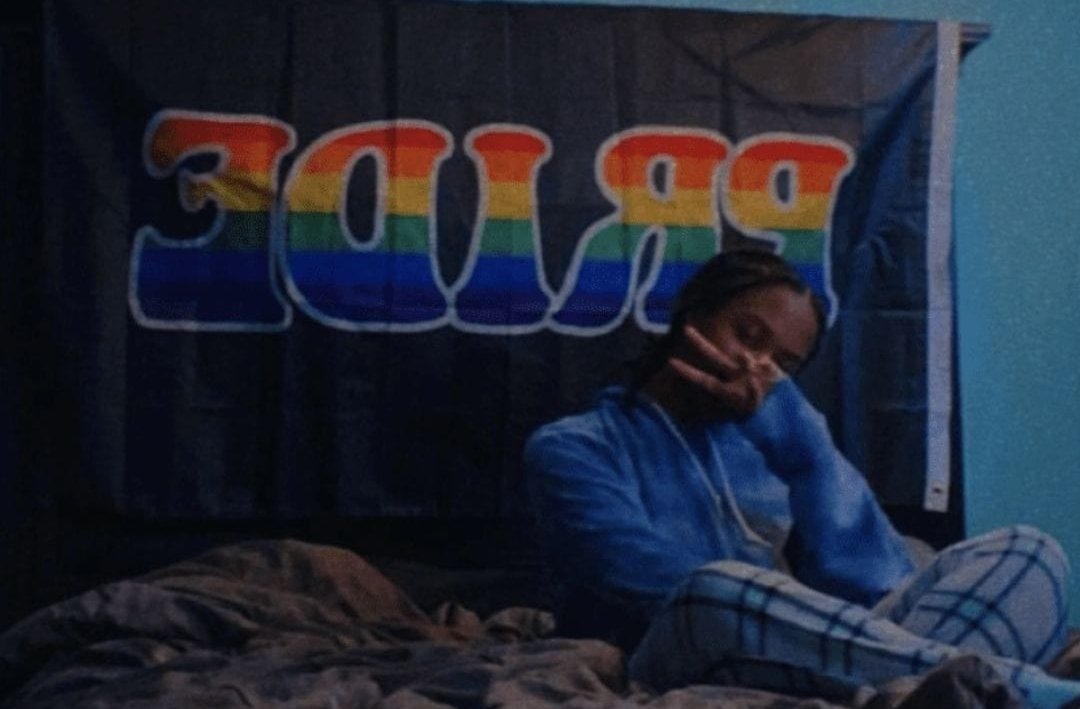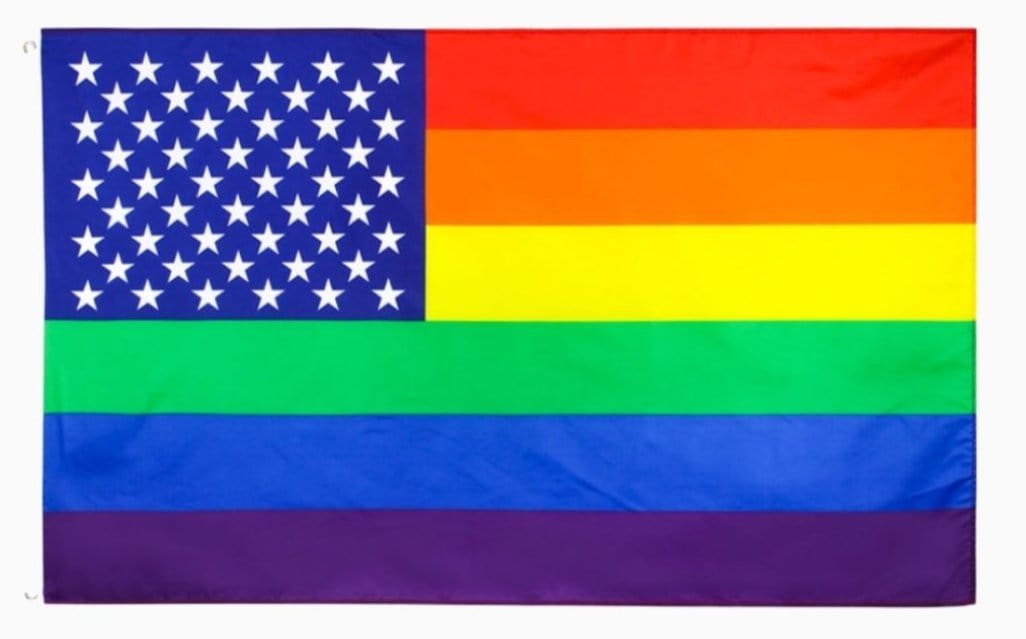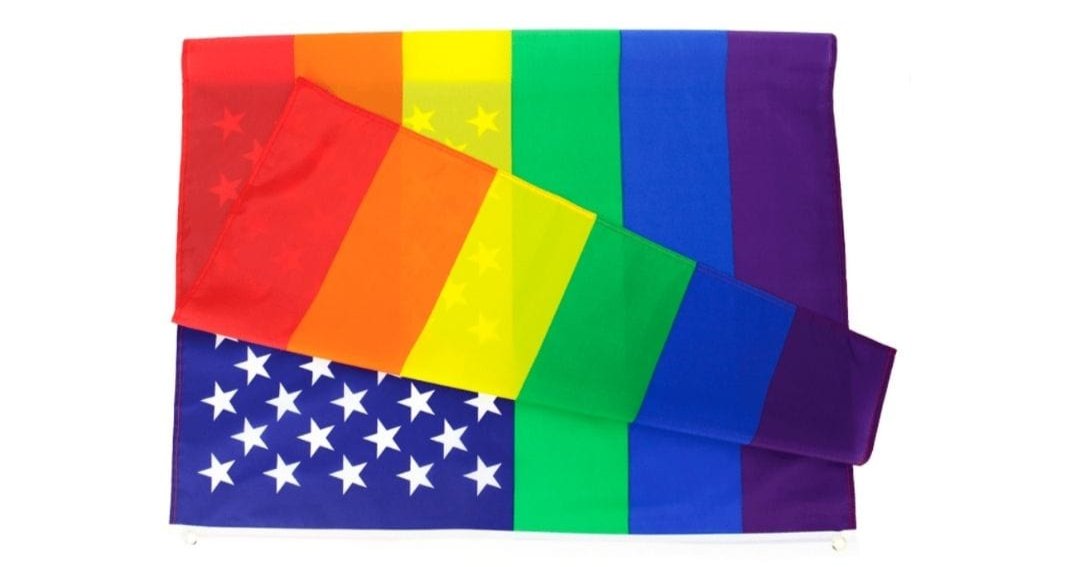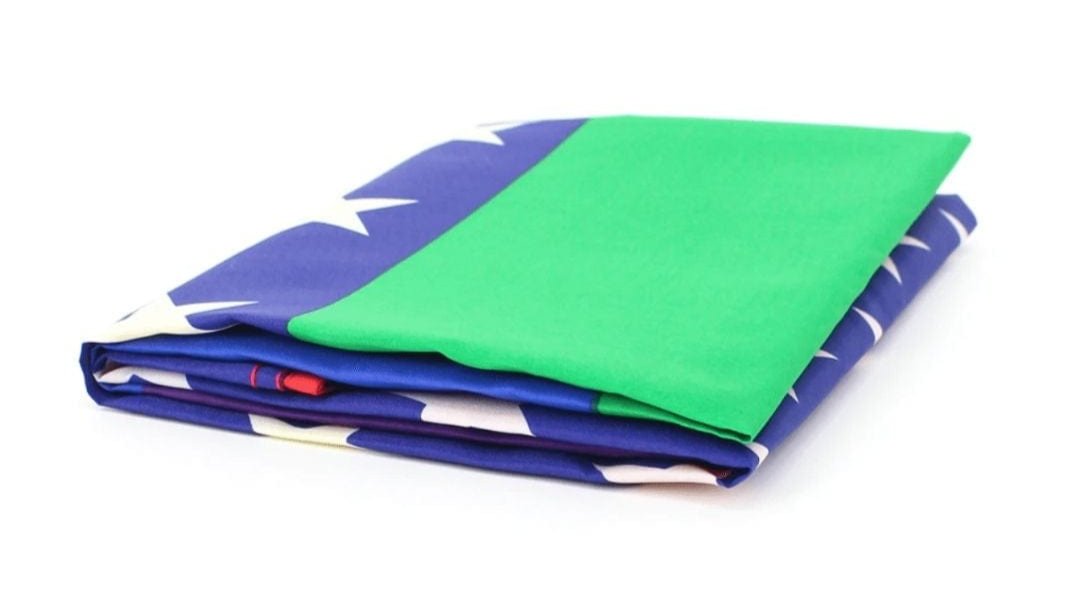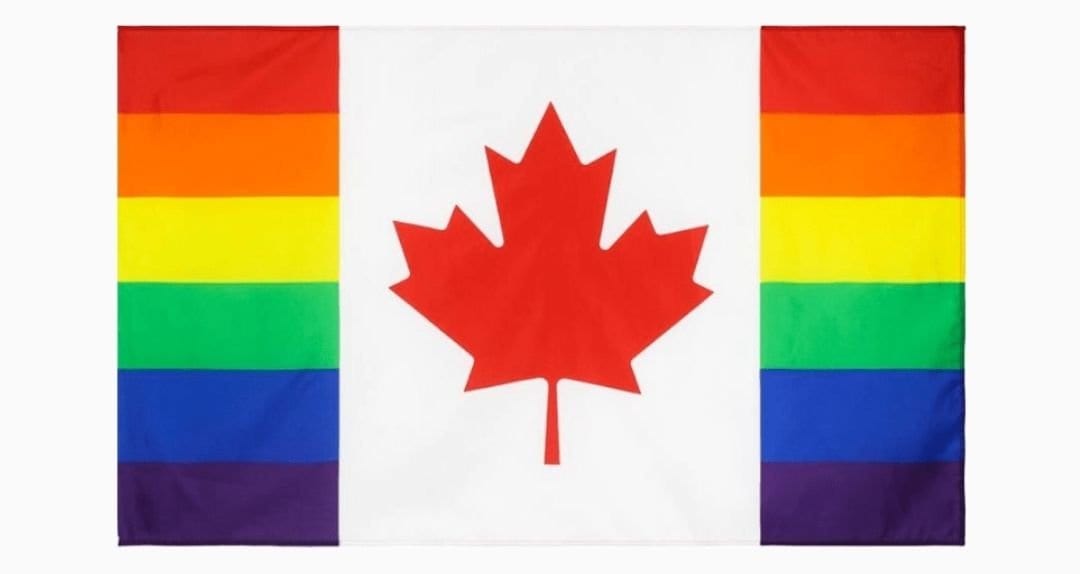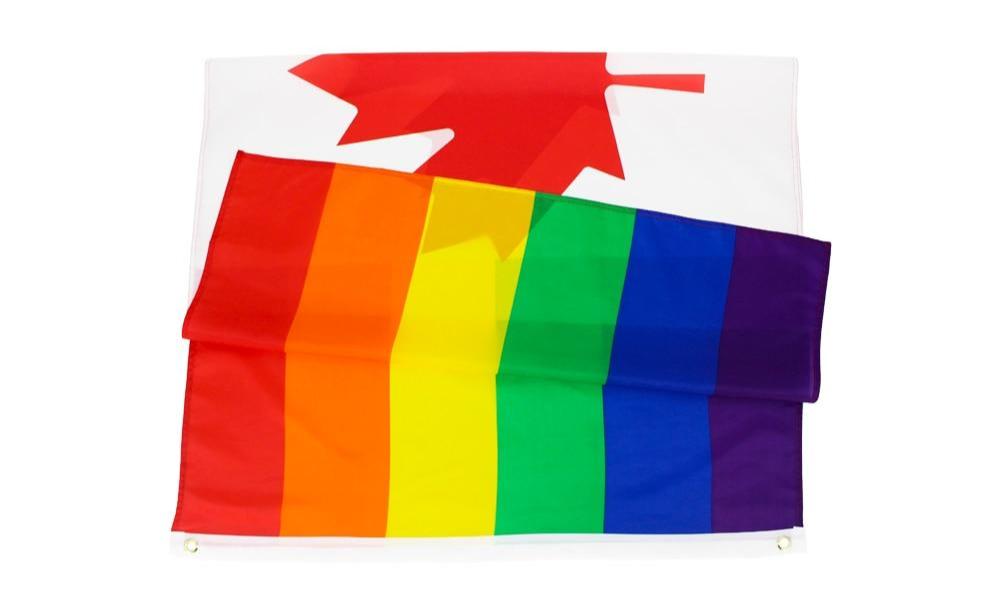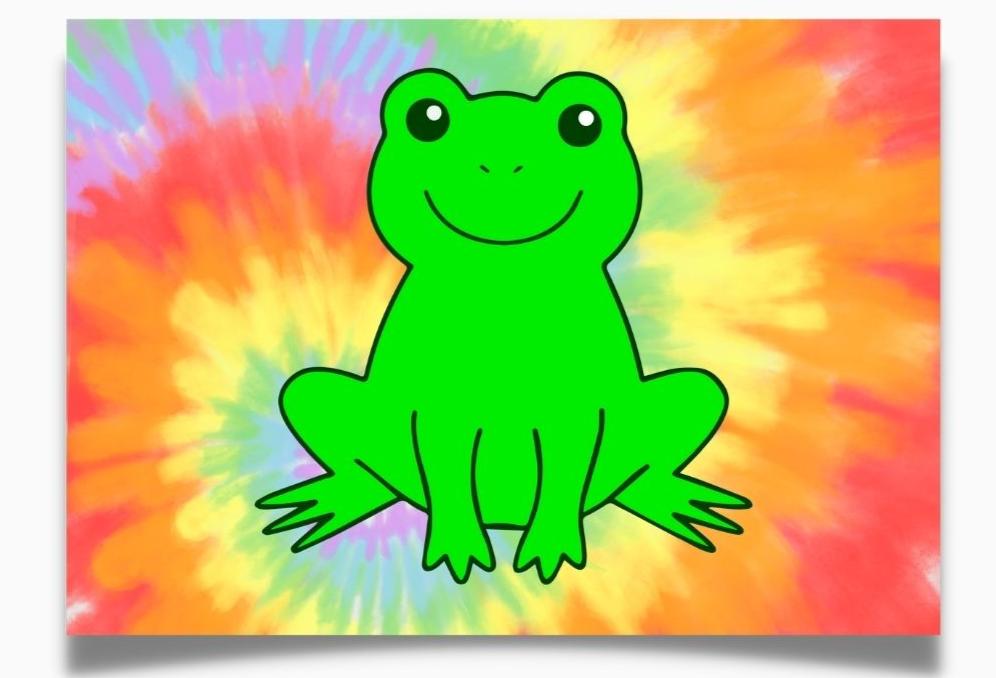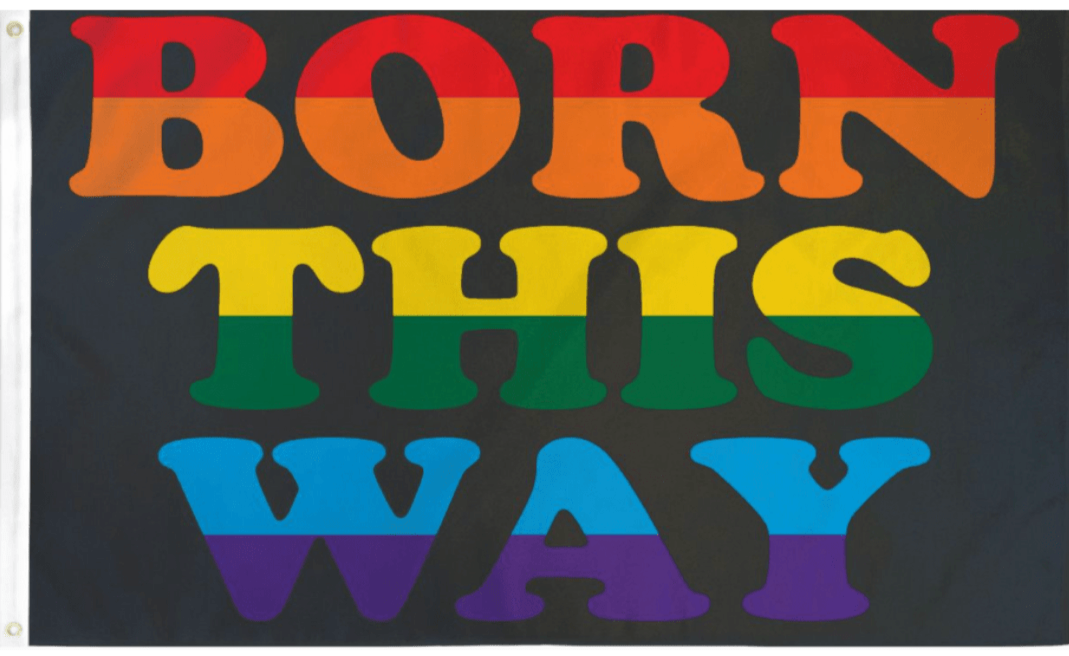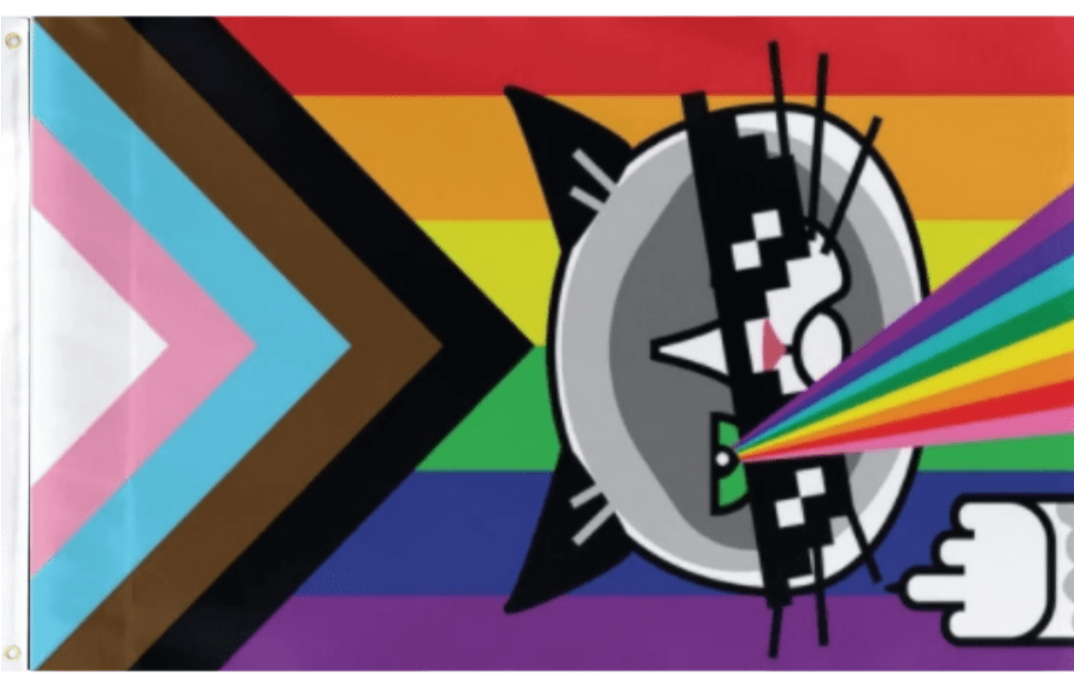The LGBTQ+ Rights Movement has long been present in the United States. Before the movement officially began, thousands of people in the LGBTQ+ community were forced to hide their true identities as a way of survival. To overcome this, people went to gay bars, clubs, parties, or small gatherings where they could finally be themselves, even if just for a little bit. One of these gay bars included the famous Stonewall Inn, the site of the riots that sparked the gay rights movement in the United States. The riots at the Stonewall Inn occurred on June 28th, 1969, precisely 52 years ago. Today, we celebrate its anniversary and thank all of the LGBTQ+ heroes who stood up for our rights. 
What Happened on June 28th, 1969?
On this day, 52 years ago, New York City police raided the Stonewall Inn, located in Greenwich Village. Officers arrived armed and with a warrant. They entered the bar, manhandled gay customers, and even arrested 13 people (including employees) for violating the state’s gender-appropriate clothing statute. To do this, female officers took suspected cross-dressing people into the bathroom and checked their sex.

Tired of this harassment and discrimination, customers of the bar and neighborhood residents stayed outside instead of running. They were growing increasingly angry and agitated as the night proceeded and more and more people were roughed up unnecessarily. The tipping point that made the riot officially begin was when a police officer hit a lesbian customer over the head while he forced her into a police van. The woman shouted, wanting others to see what the officer was doing, and the crowd then began to throw pennies, bottles, and other things at the police.
Almost immediately, a full-blown riot started. The police, in addition to some prisoners and a Village Voice writer, hid inside the bar as a way of protection. However, angry and frustrated customers of the bar as well as neighborhood residents attempted to set the bar on fire after breaching the police’s barricade many times.
The fire department did not take long. Joined by a riot squad, they were able to put out the fire, rescue everyone inside the bar, and disperse the crowd. The protests, however, went on for five additional days. After the Village Voice published an article about the riots, the protests gained even more attention and people.
Who was Involved?

Many famous LGBTQ+ activists and advocates participated in these protests. Marsha P. Johnson was one of them. Other very important figures in the Stonewall Riots included Sylvia Rivera, Storme DeLarverie, Miss Major Griffin-Gracy, and lots more. Marsha P. Johnson, Sylvia Rivera, and Miss Major Griffin-Gracy were not only famous LGBTQ+ activists, but they were also leaders in the trans women of color community.
More specifically, the LGBTQ+ liberation movement as we know it today was largely led by black trans women and black lesbians. The uprising at Stonewall Inn was no different. Marsha P. Johnson was one of the many courageous and passionate black trans women who stood up for her rights, and today we honor this courage.
SAGE USA, the country’s largest and oldest organization dedicated to improving the lives of LGBTQ+ elders, released a video in 2019, Stonewall’s 50th anniversary, with a montage of numerous survivors and leaders of the riots. Watch the video here.
Summary
Although the Stonewall Inn uprising did not officially start the Gay Rights Movement, it paved the way for change like nothing else. Following the riots, numerous gay rights organizations were created and more and more people came together. Soon, the LGBTQ+ Rights Movement had begun, and the United States was experiencing something it never had before. In 2016, Stonewall’s 50th anniversary, President Obama designated the site of the riots (Stonewall Inn, Christopher Park, and surrounding streets) a national monument as a way to recognize and honor the area’s contribution to gay rights.
Today, on the 52nd anniversary of the Stonewall uprising, take a second to celebrate your pride and thank all of the amazing LGBTQ+ heroes who fought for their rights not only that night, but the following days as well.

Sources
- https://apnews.com/article/us-news-ap-top-news-pa-state-wire-new-york-ny-state-wire-5f2159a5120e4833b31683665f9405ca
- https://www.usatoday.com/story/opinion/voices/2019/06/24/pride-month-black-transgender-women-stonewall-marsha-p-johnson/1478200001/
- https://www.history.com/topics/gay-rights/the-stonewall-riots
- https://www.oprahdaily.com/life/a36319161/stonewall-riot-leaders/
- https://www.youtube.com/watch?v=aixAFH0GQlA&t=10s

